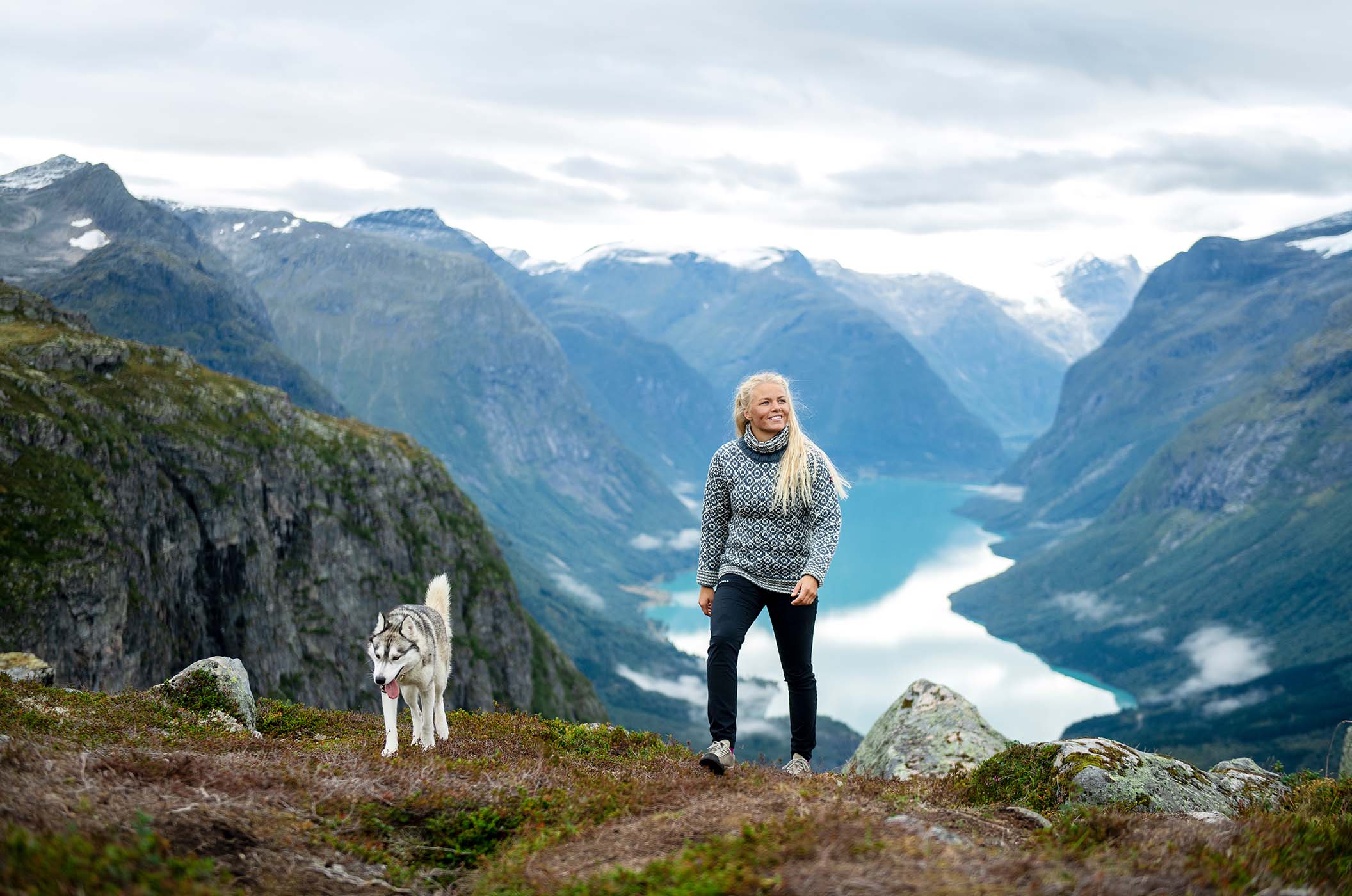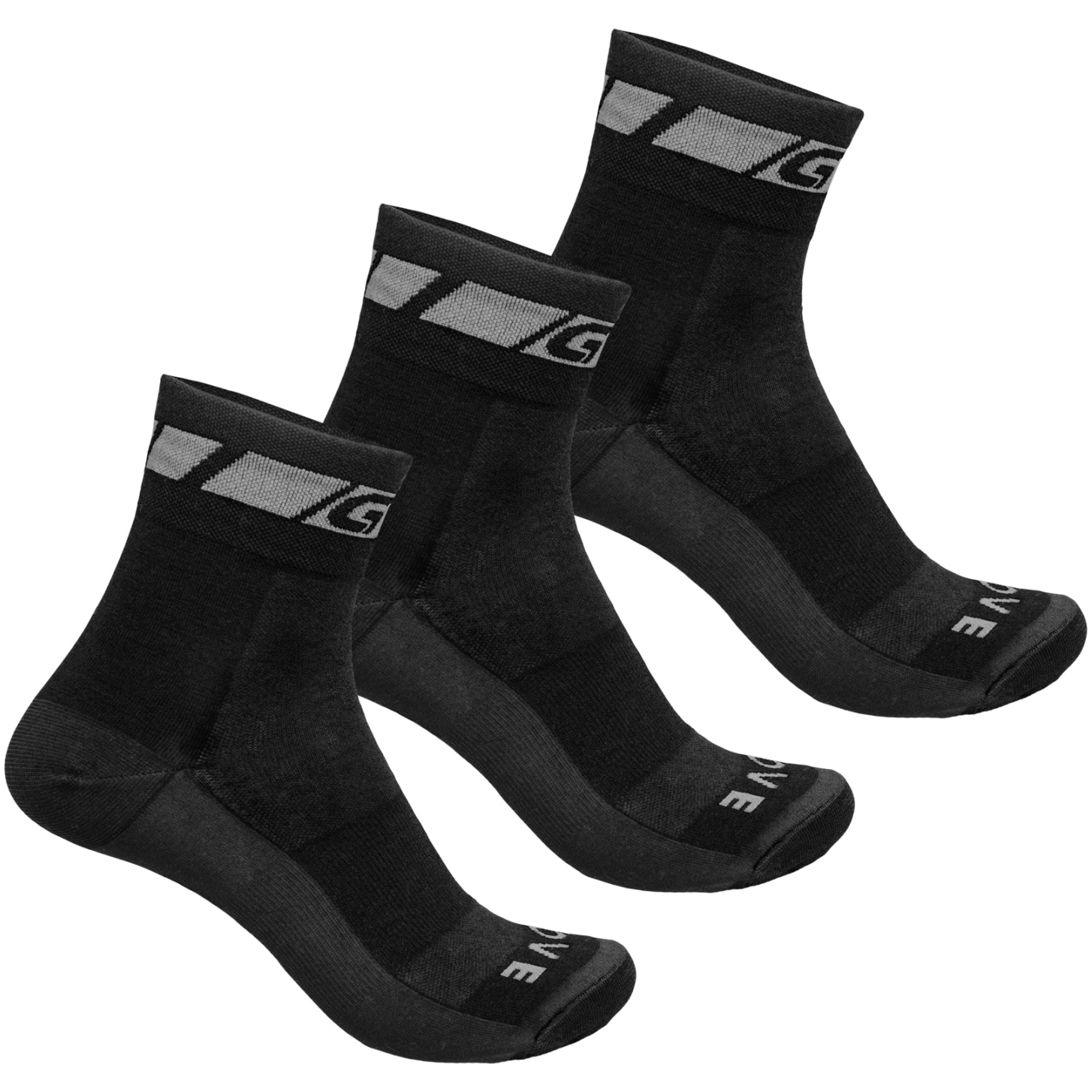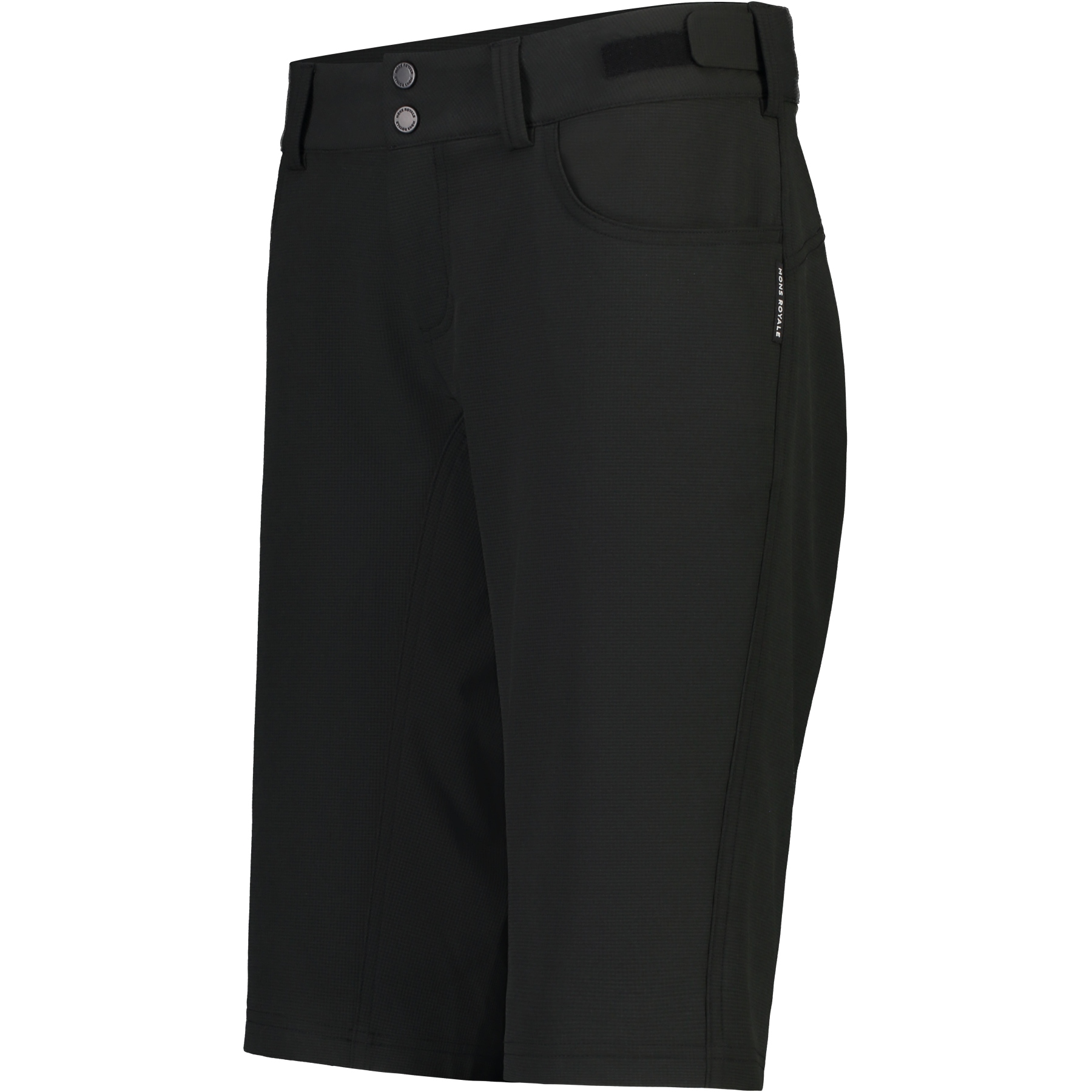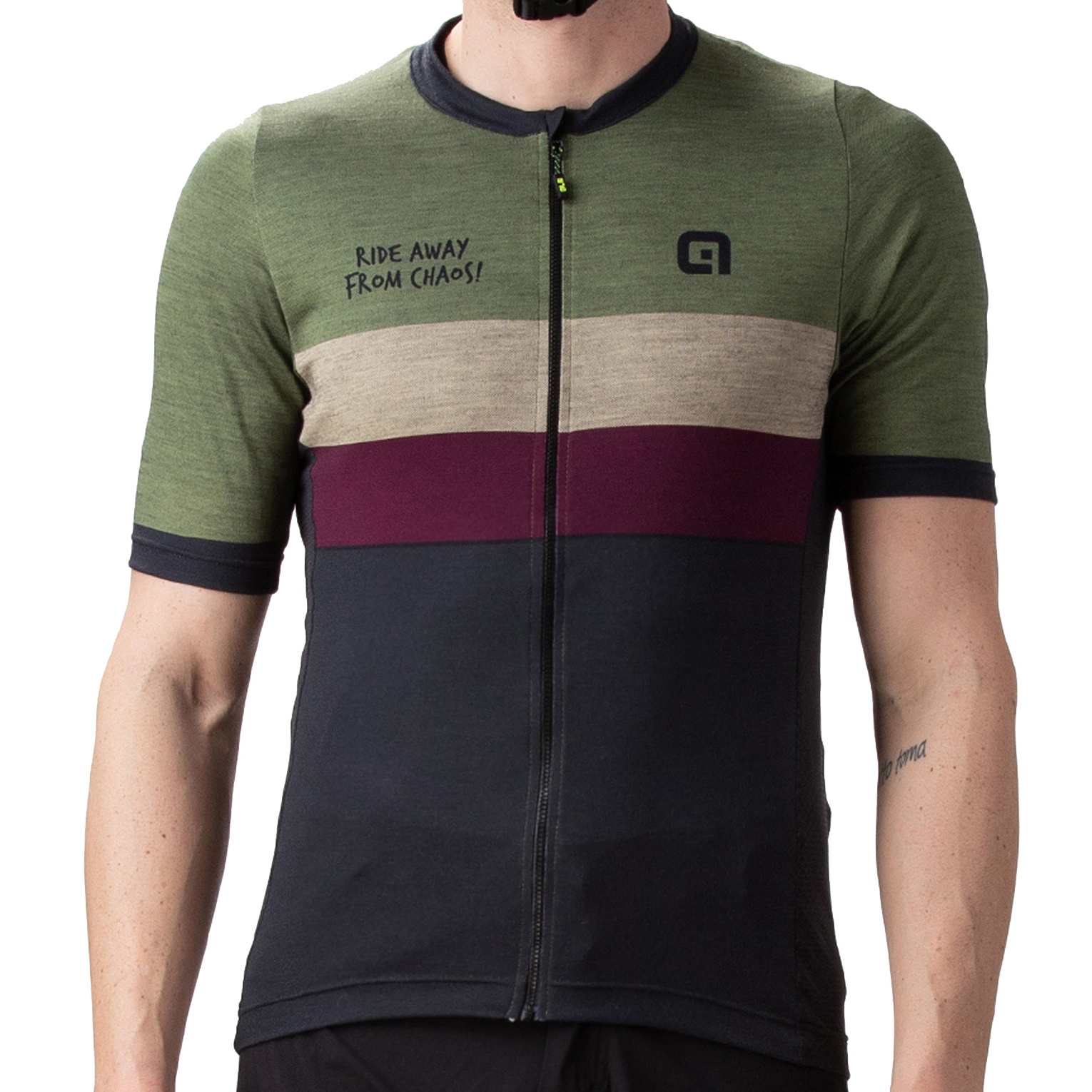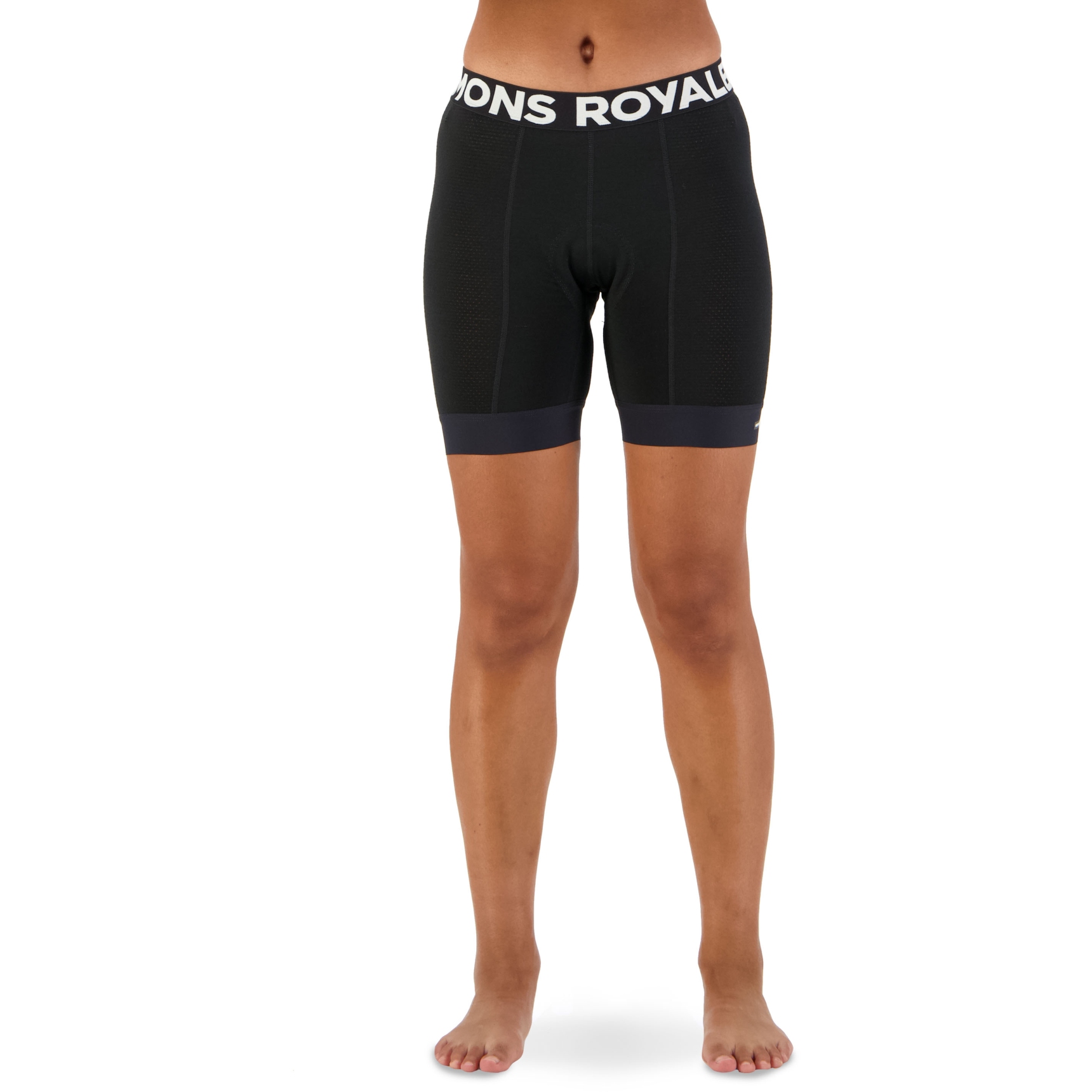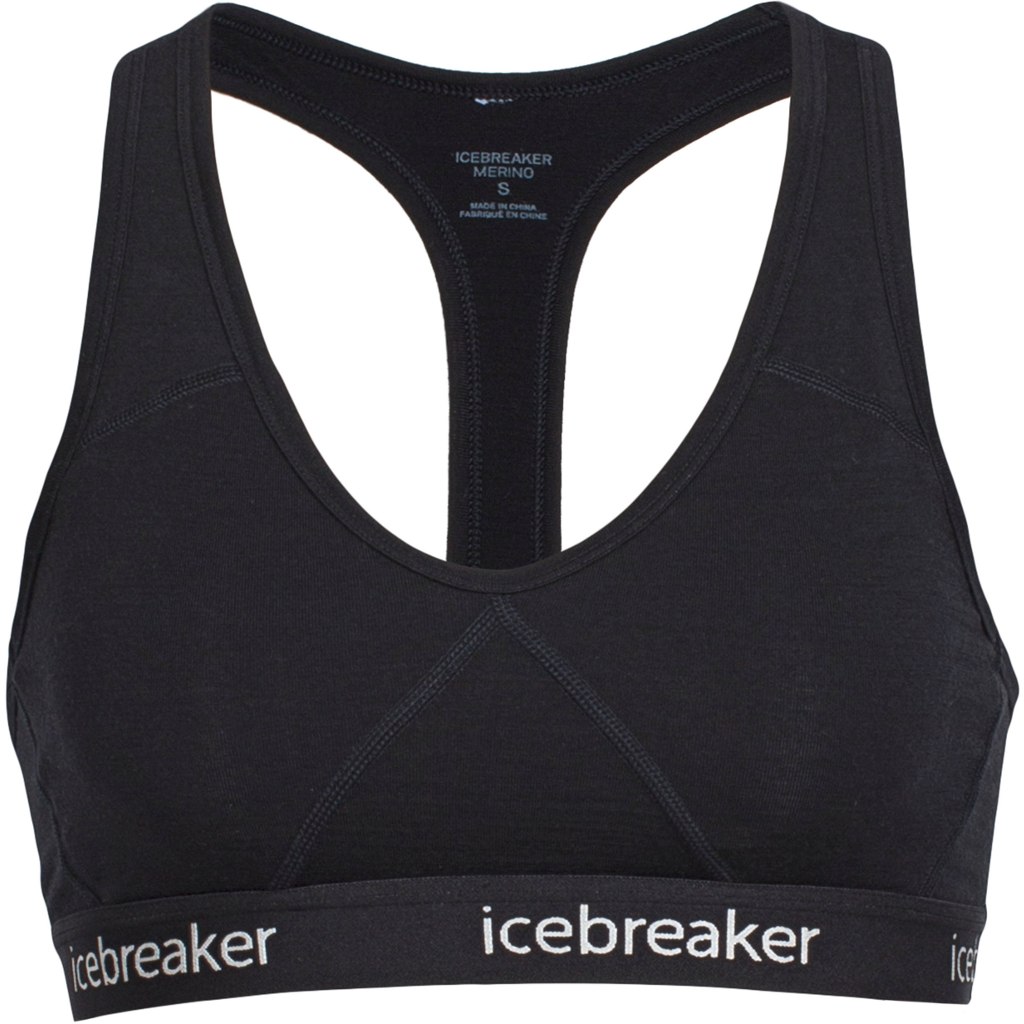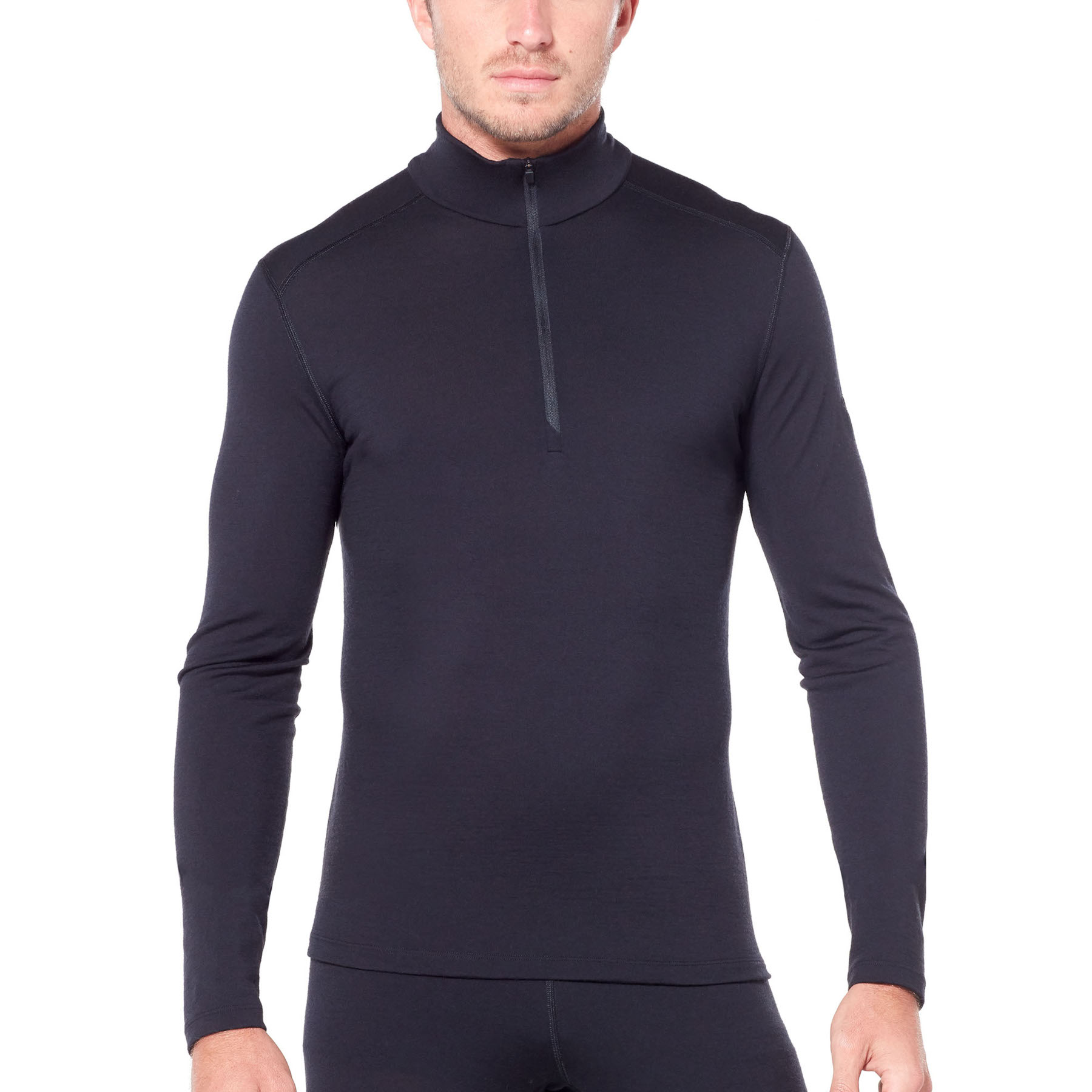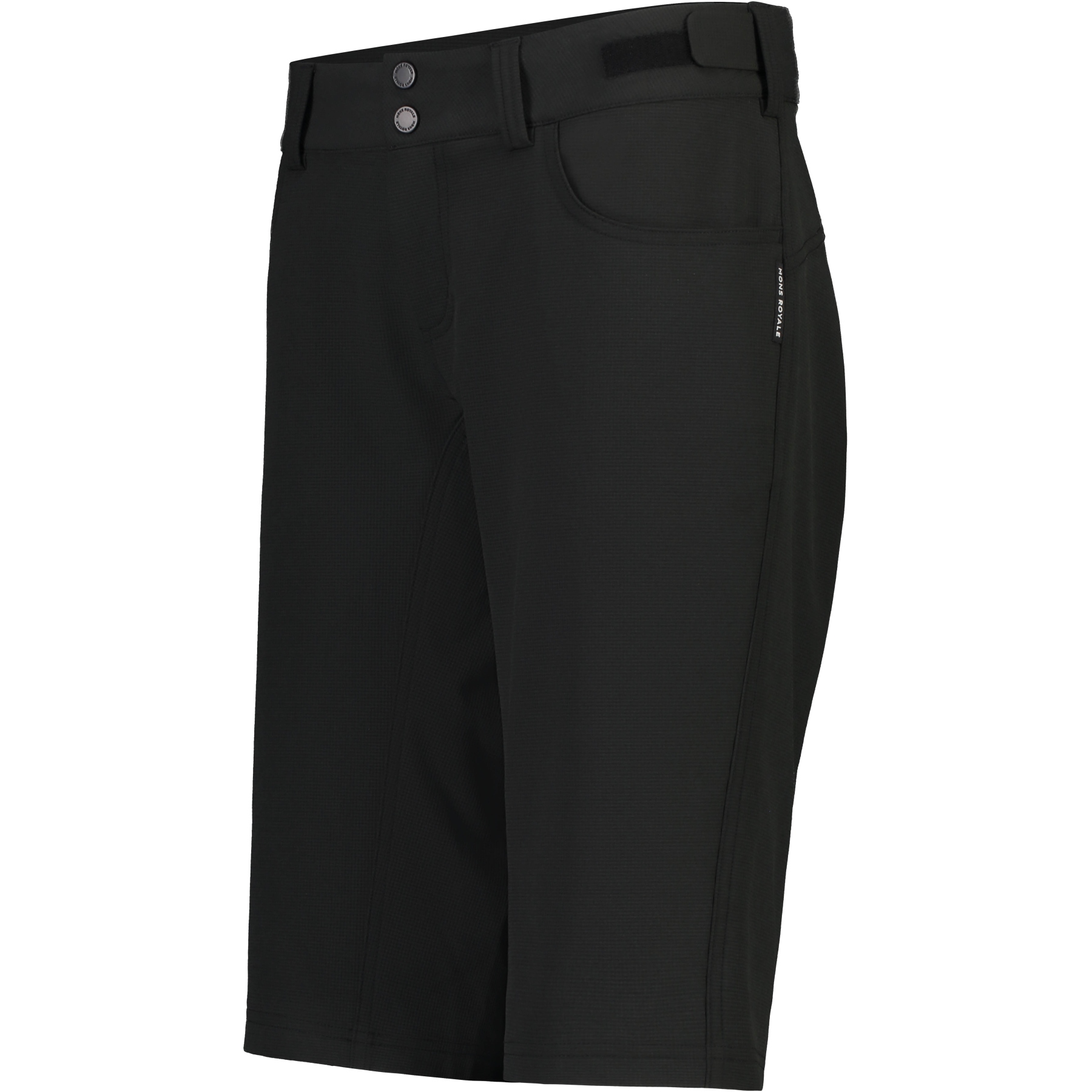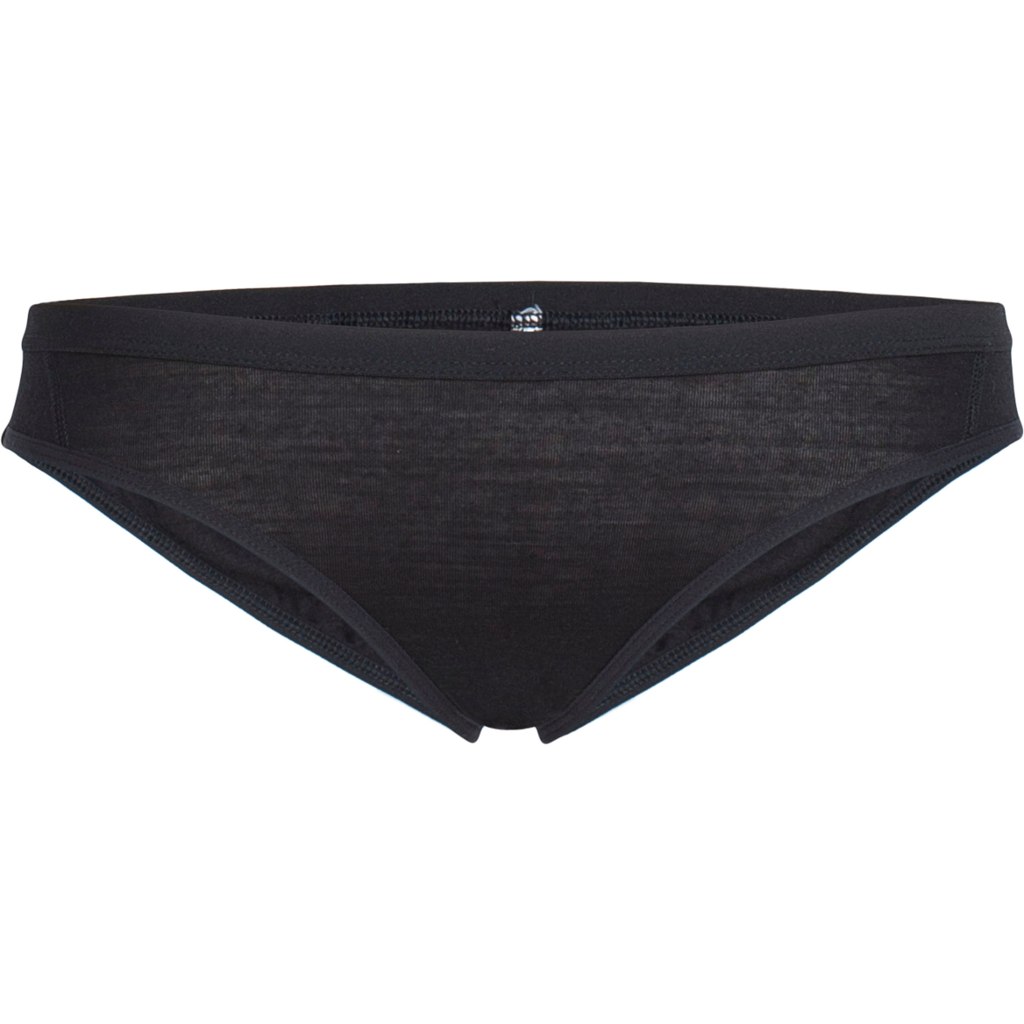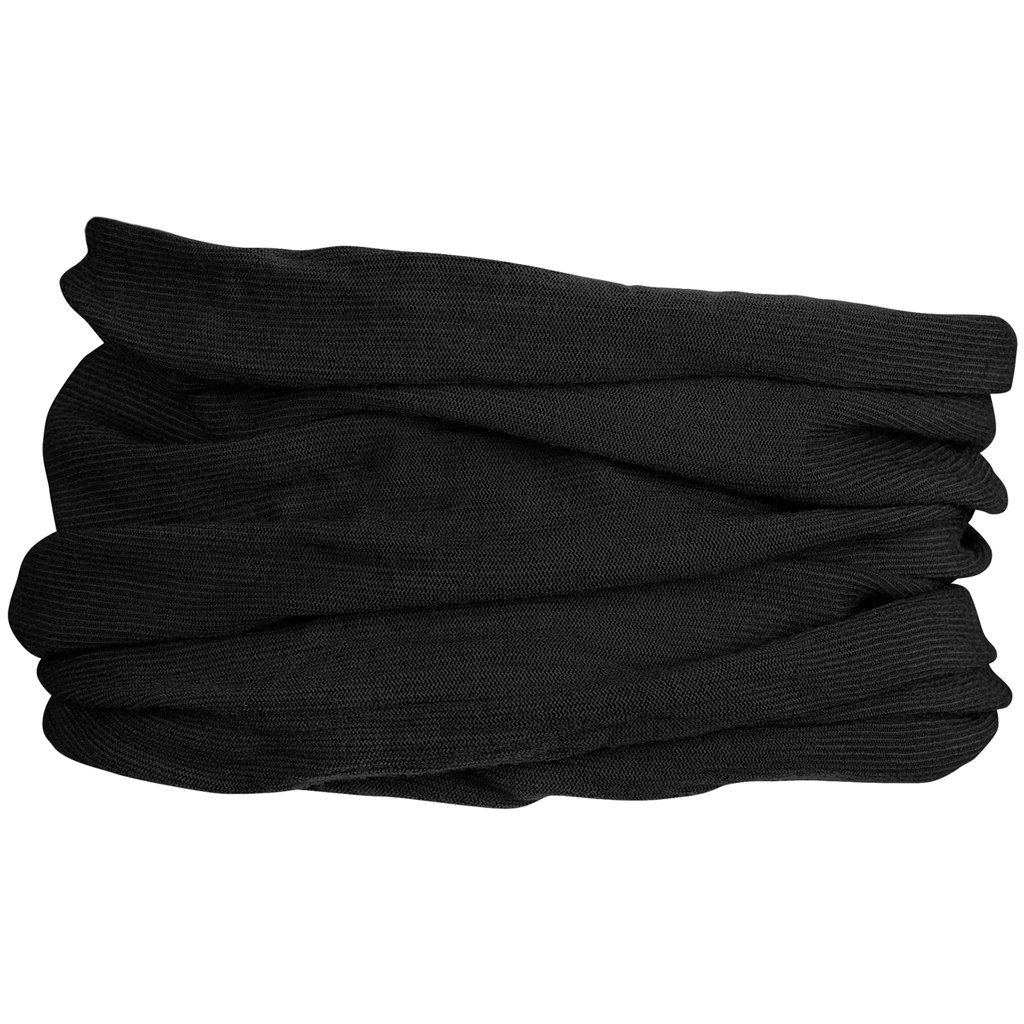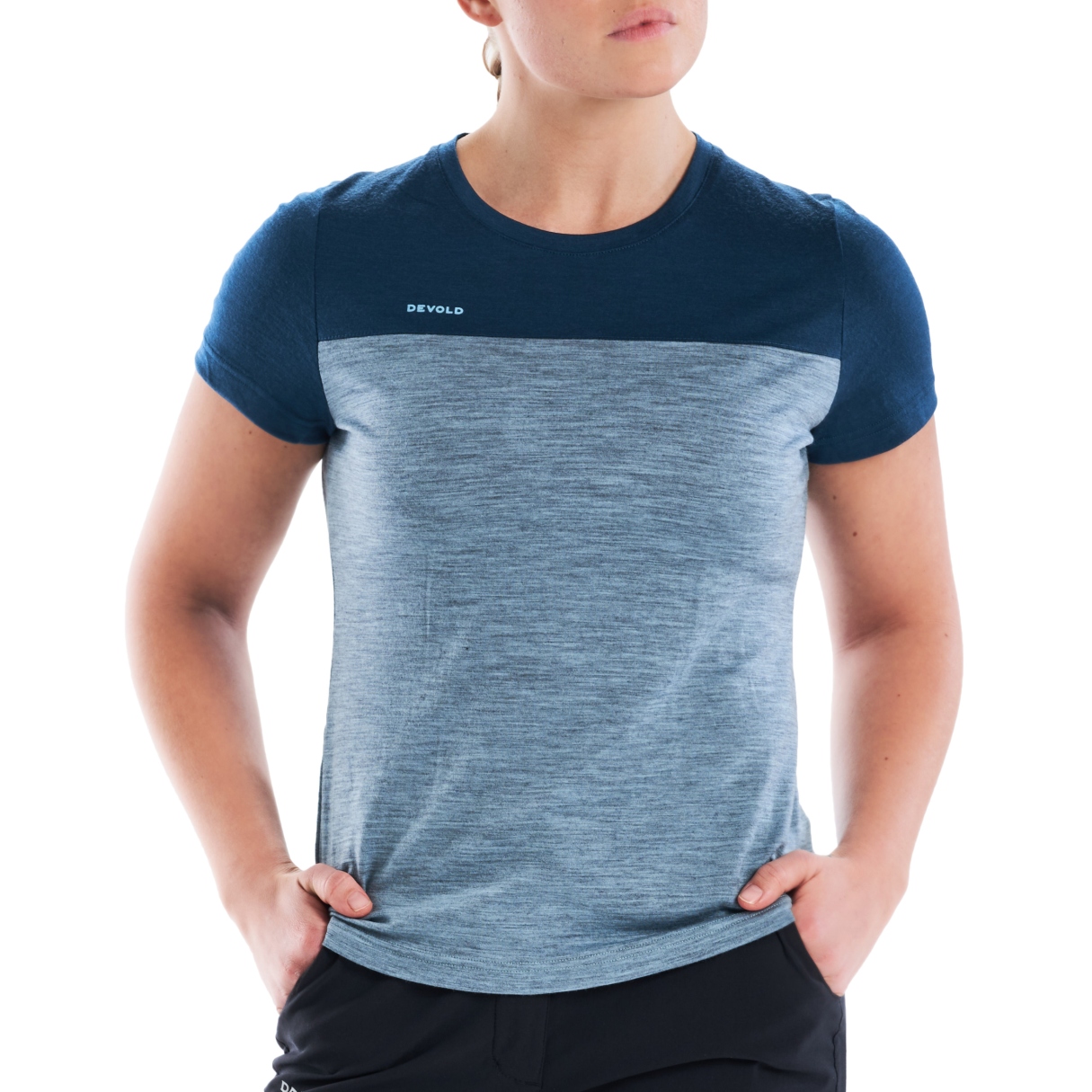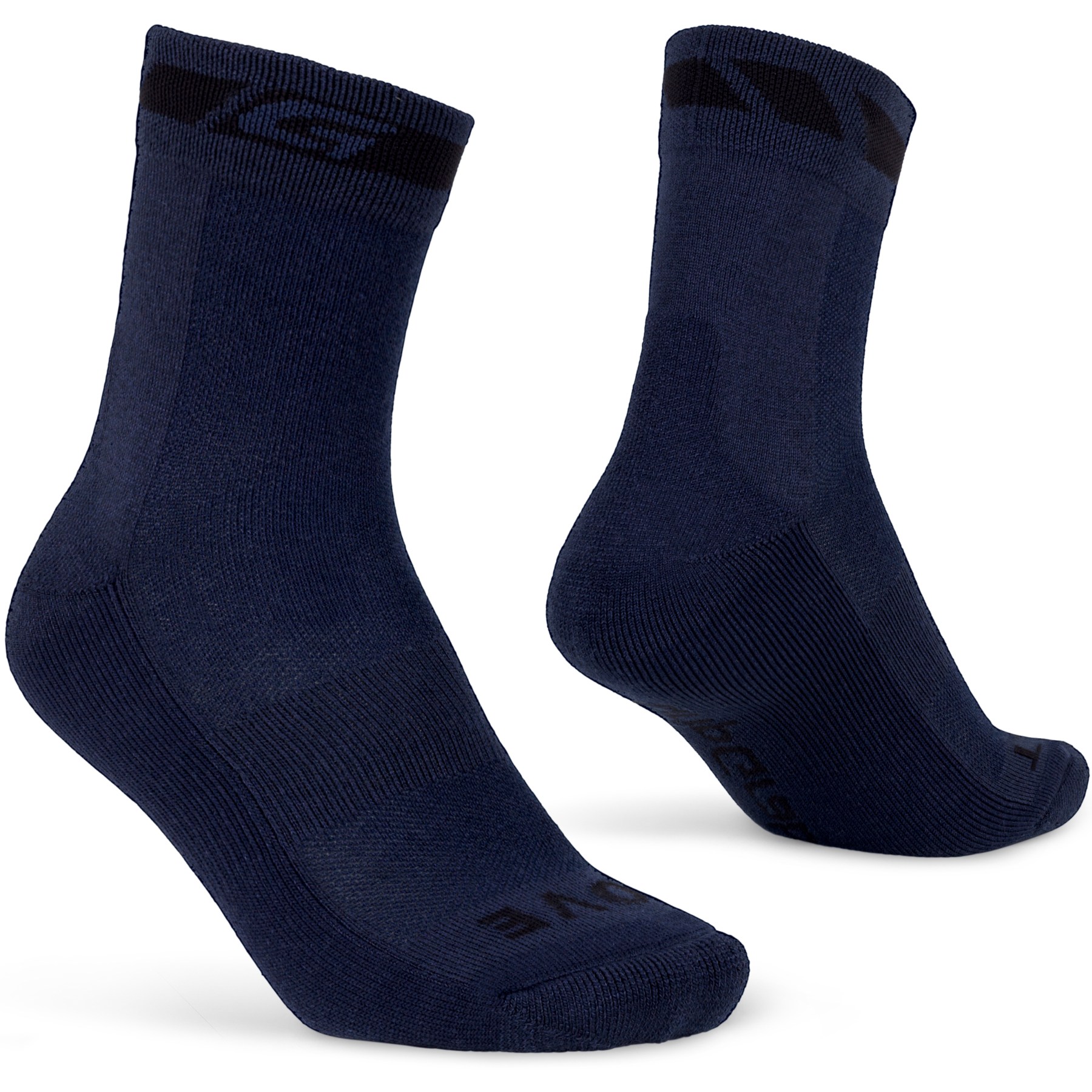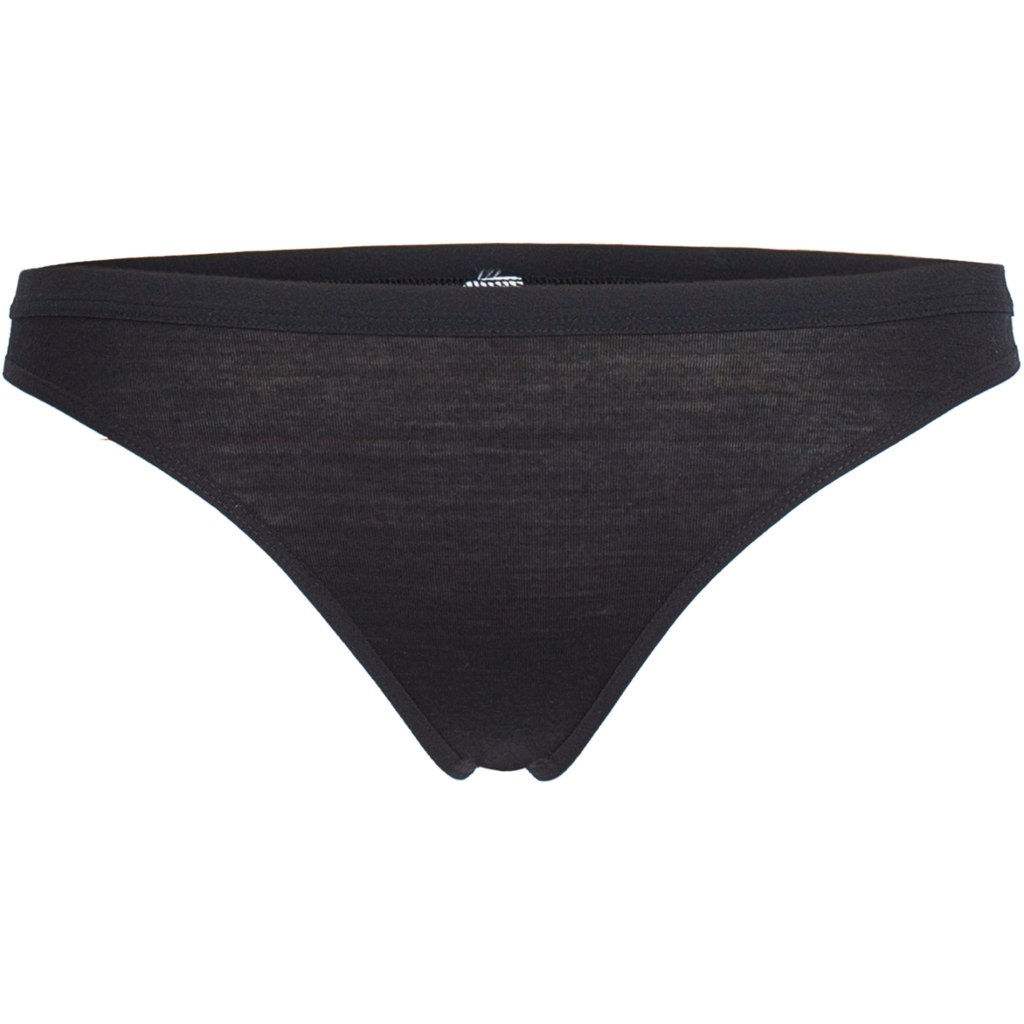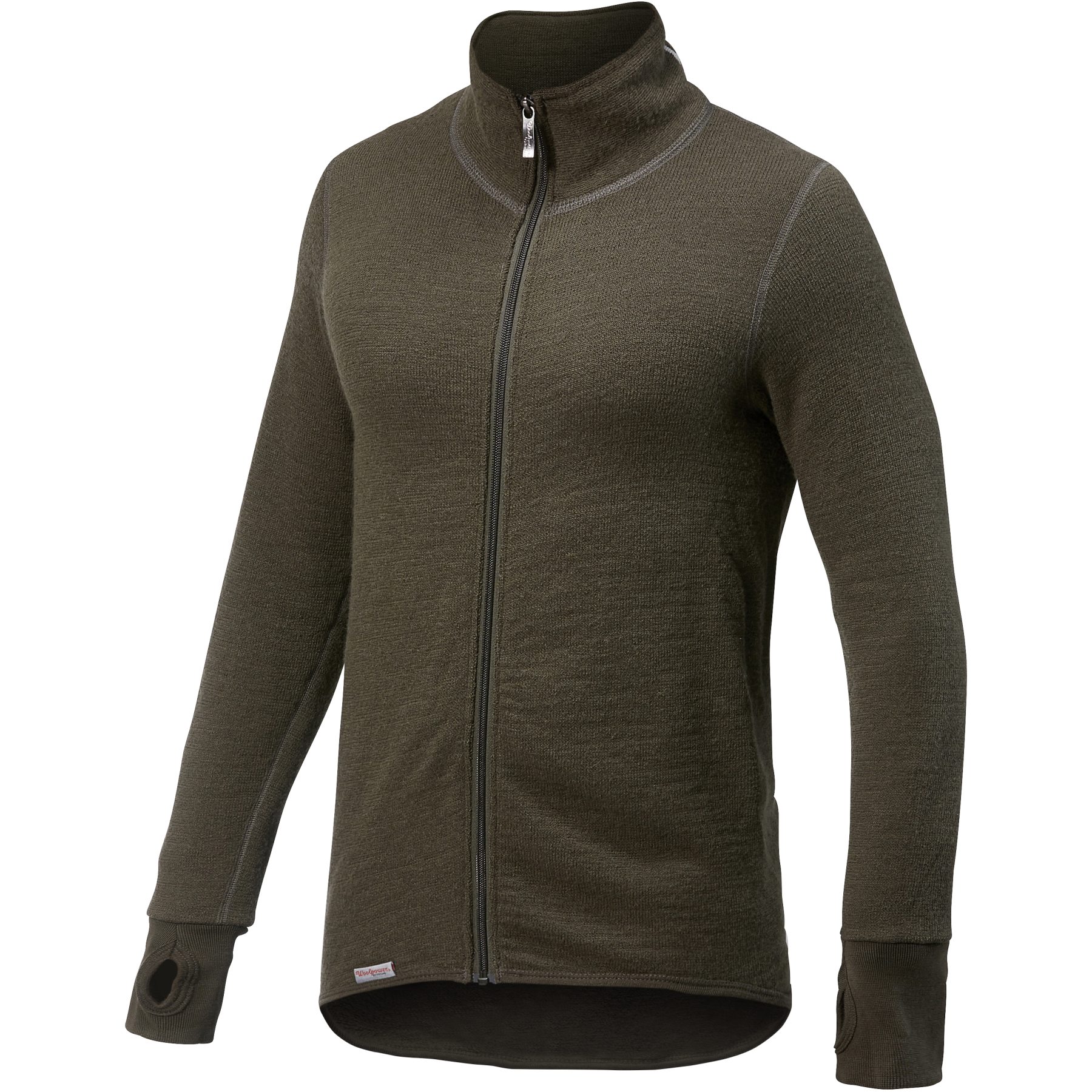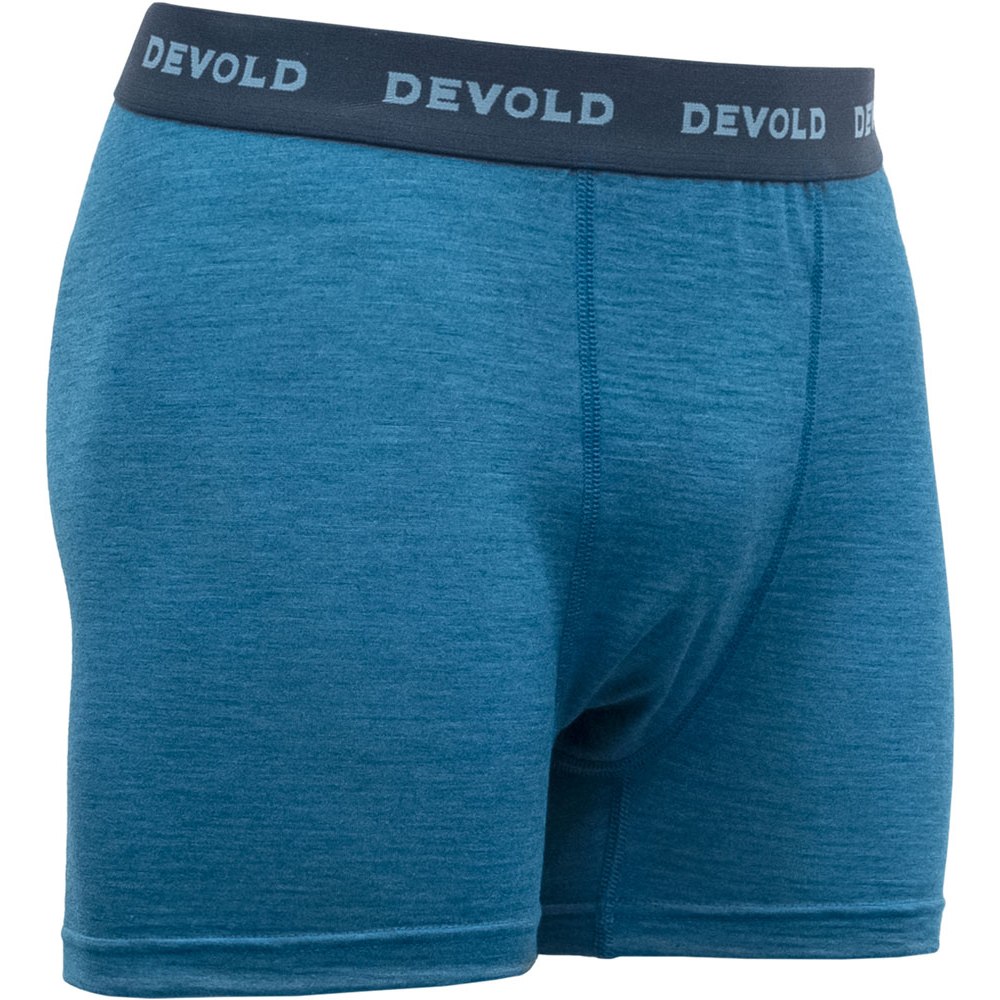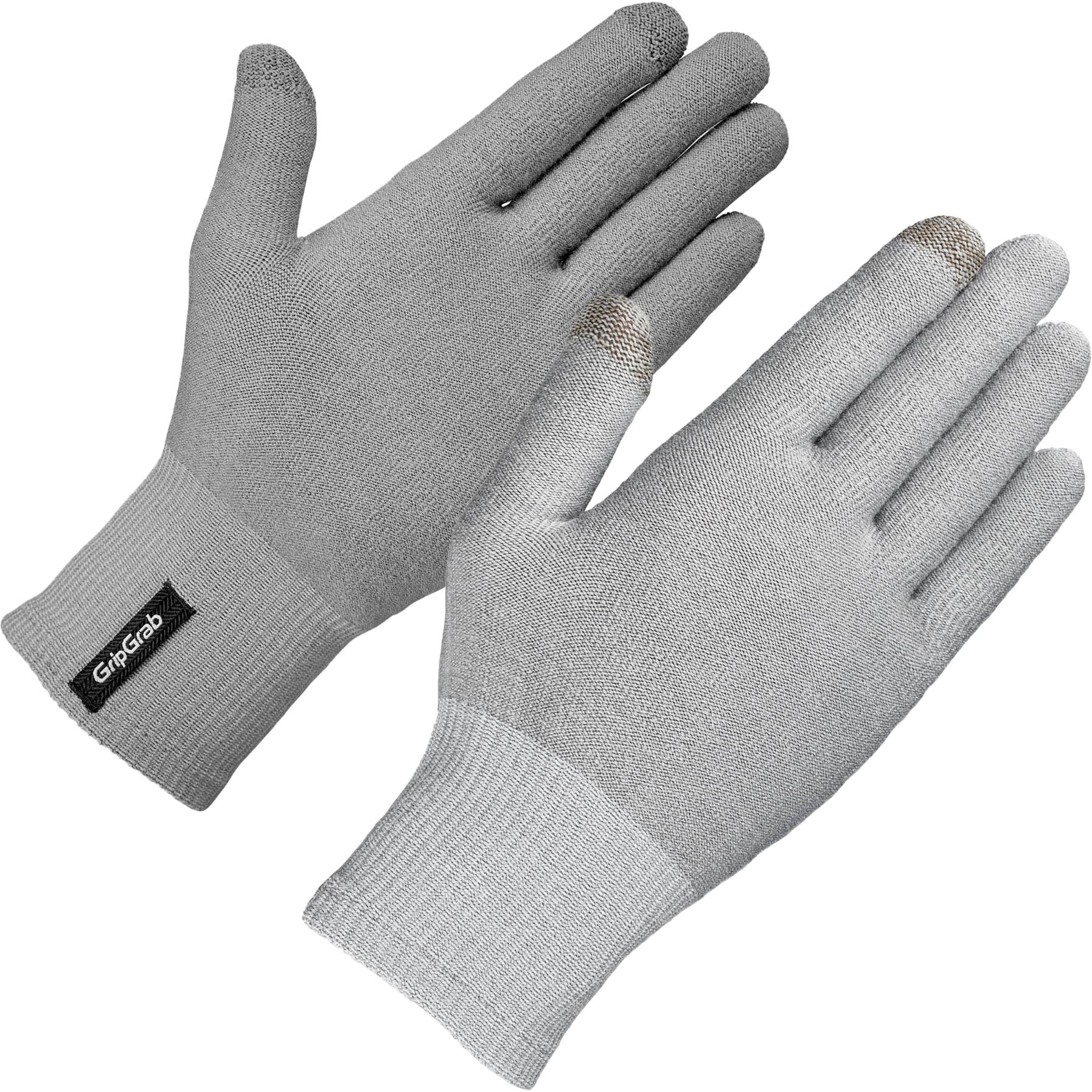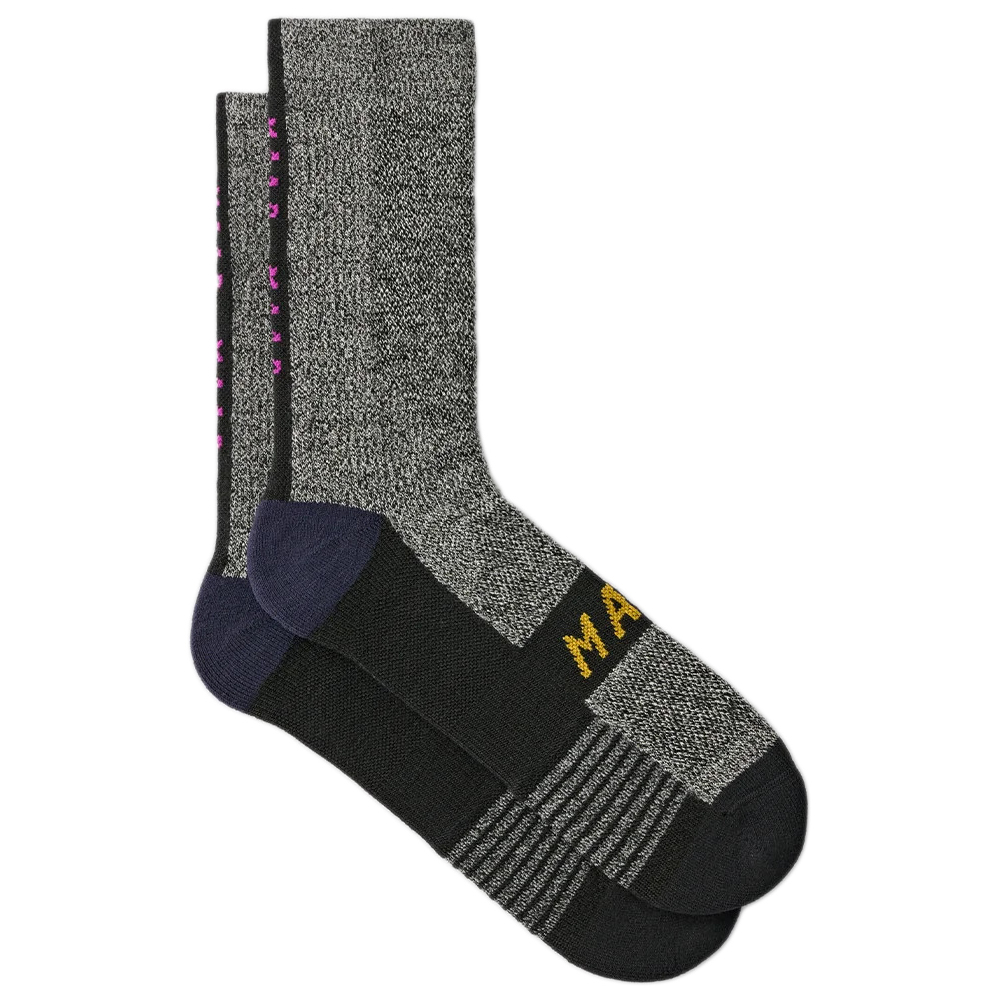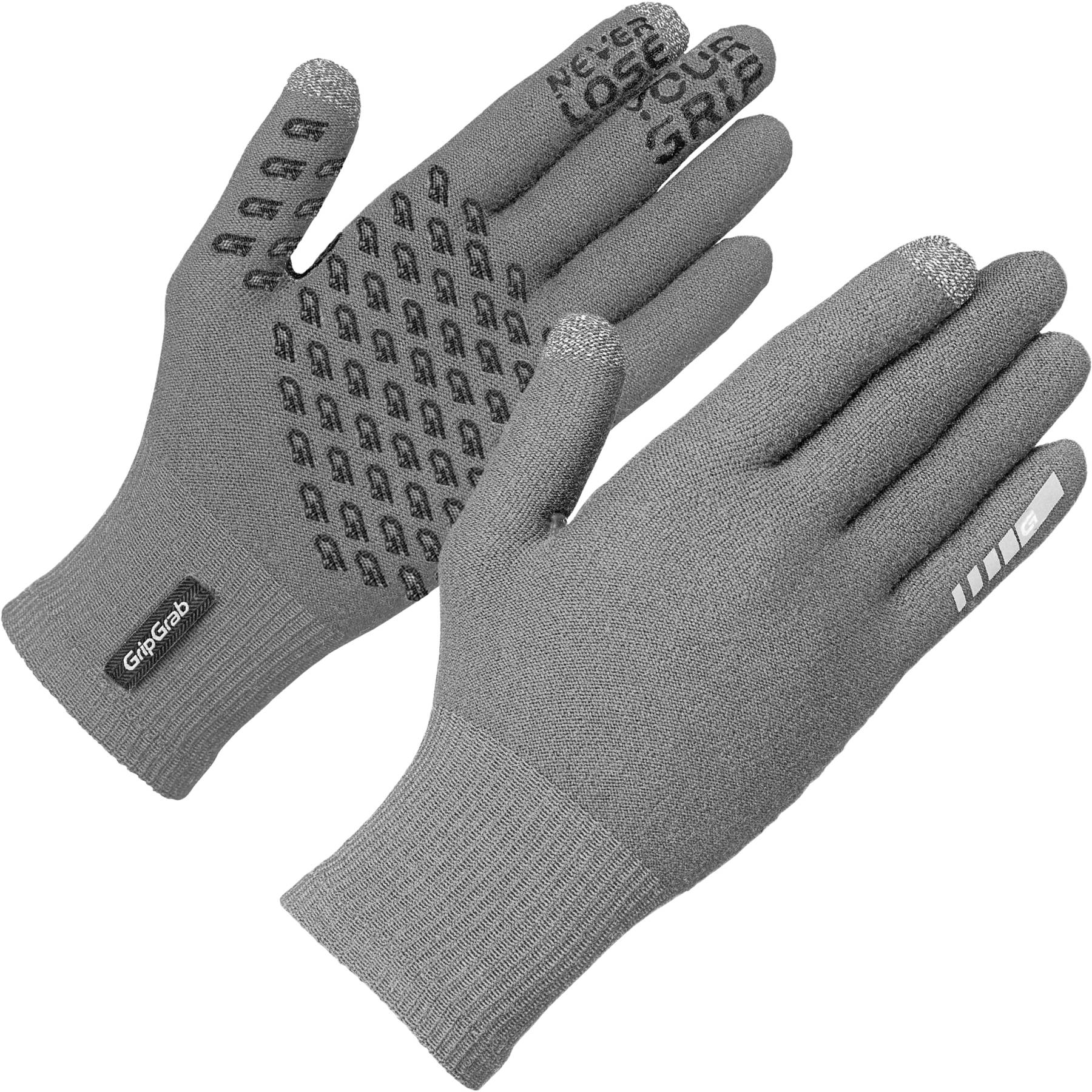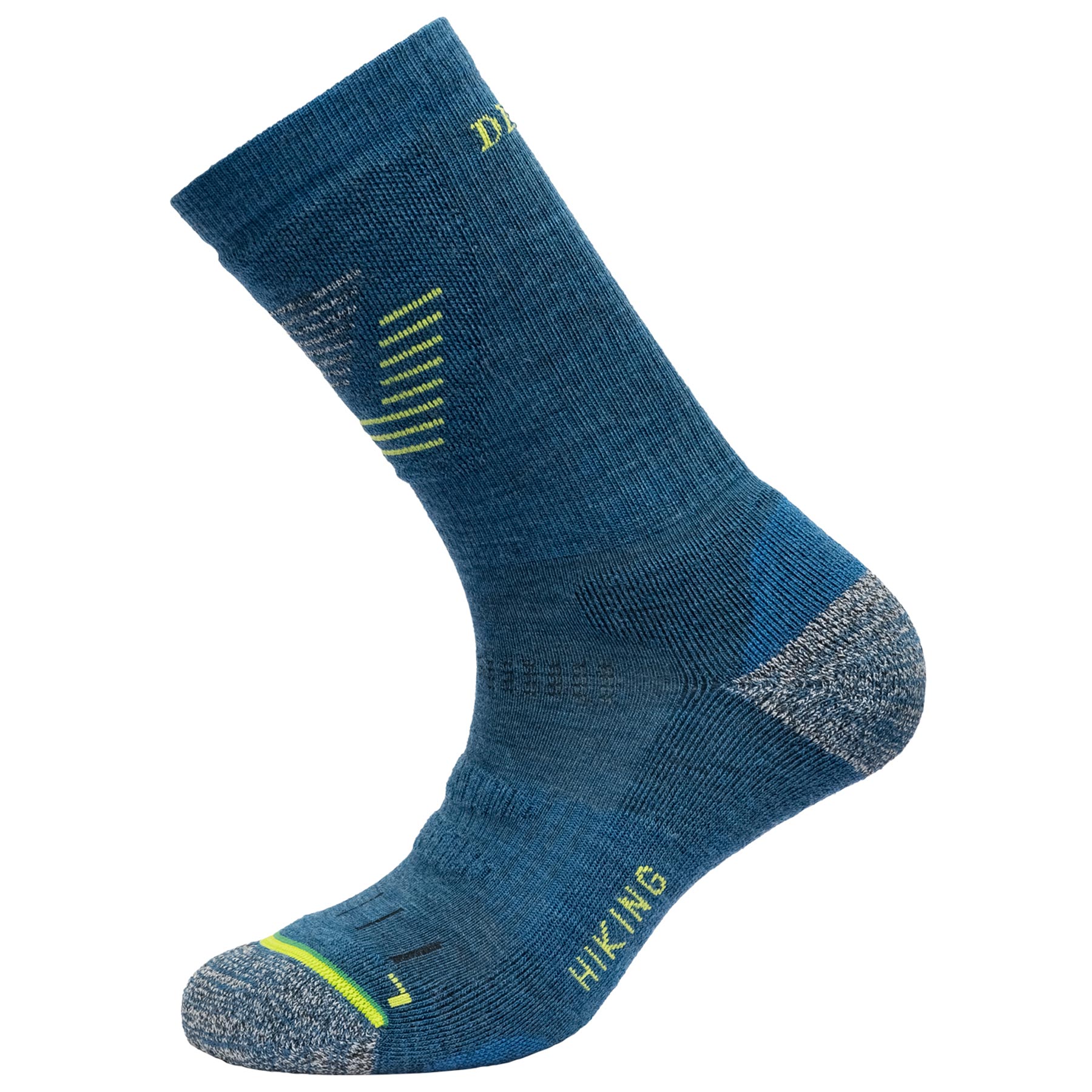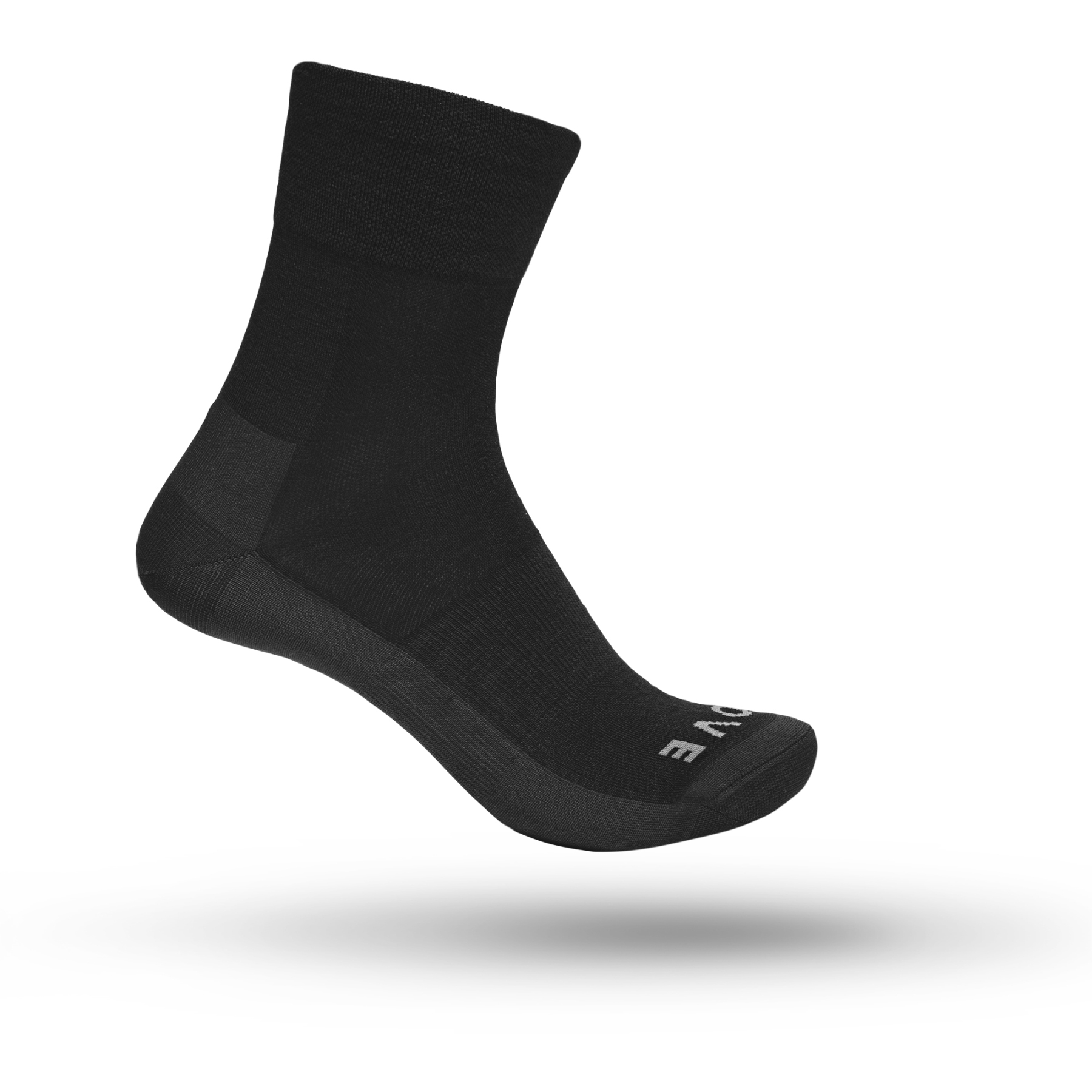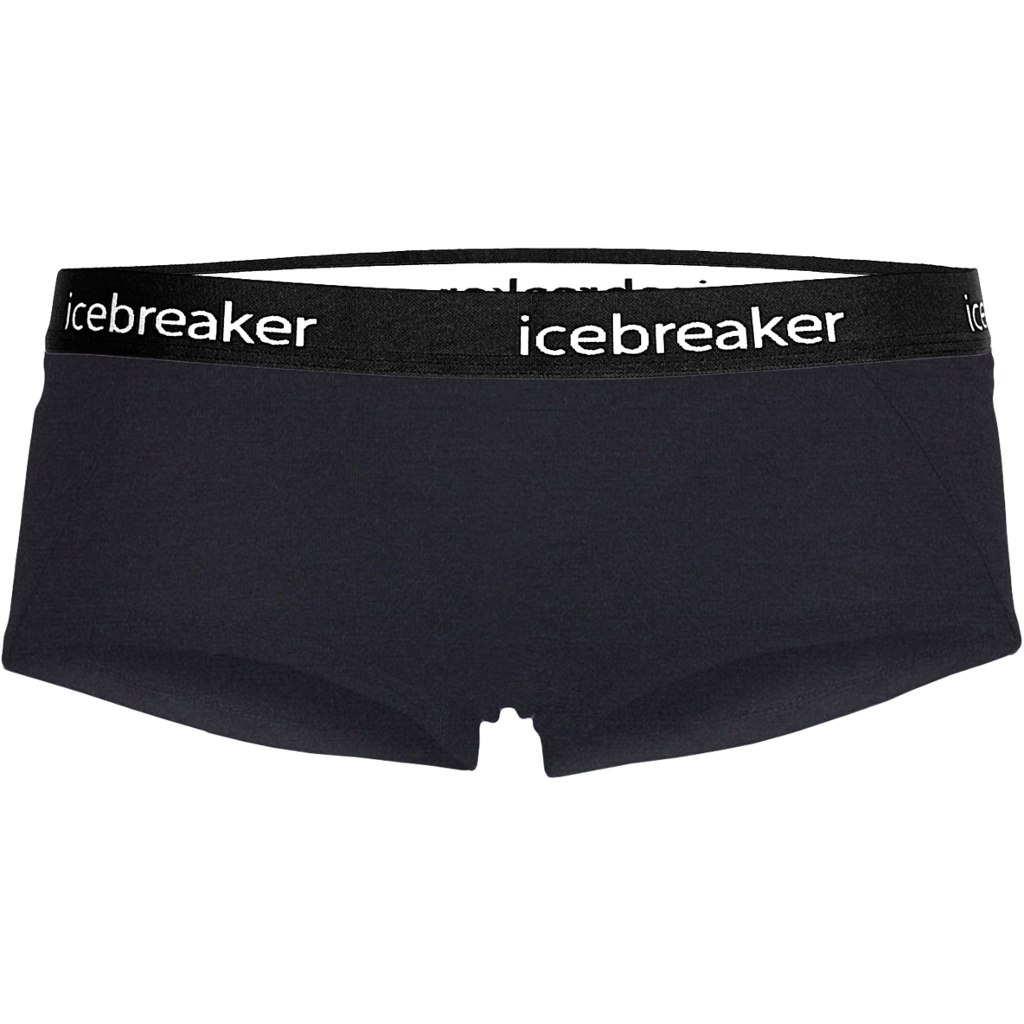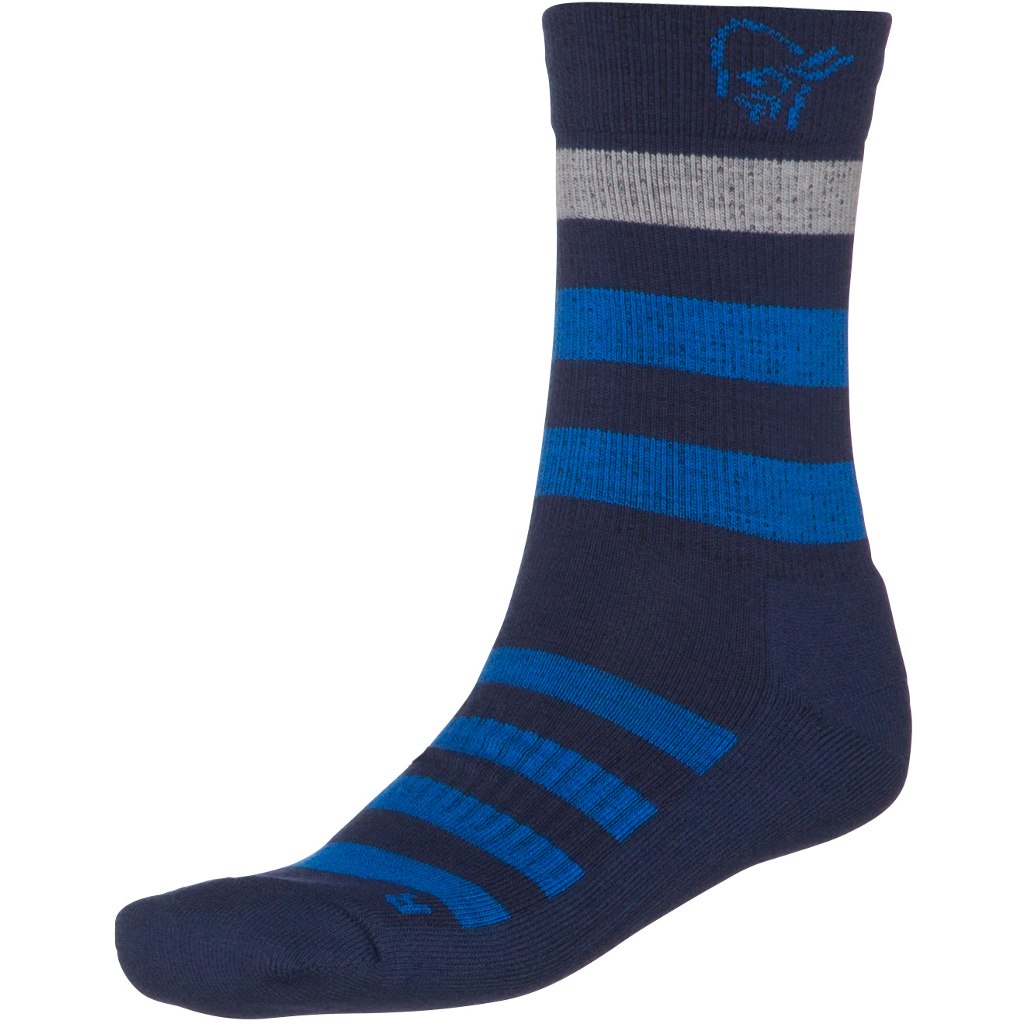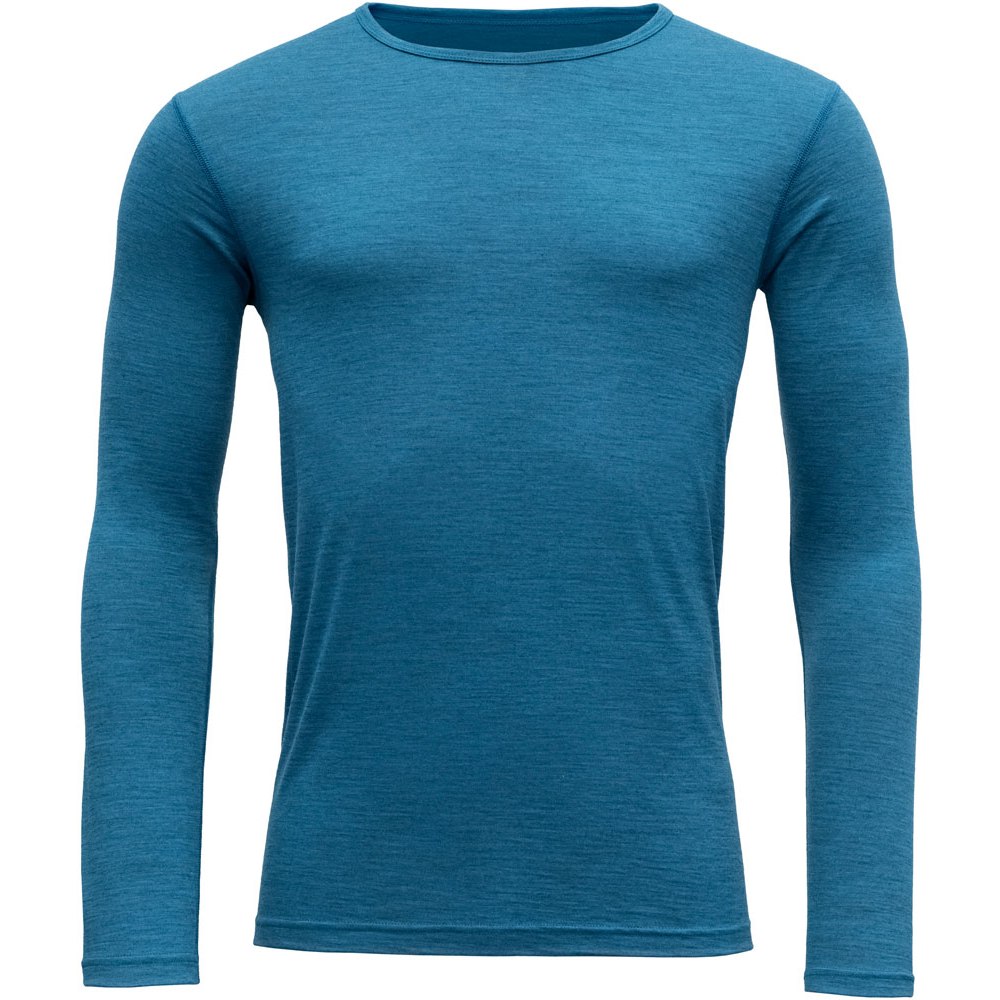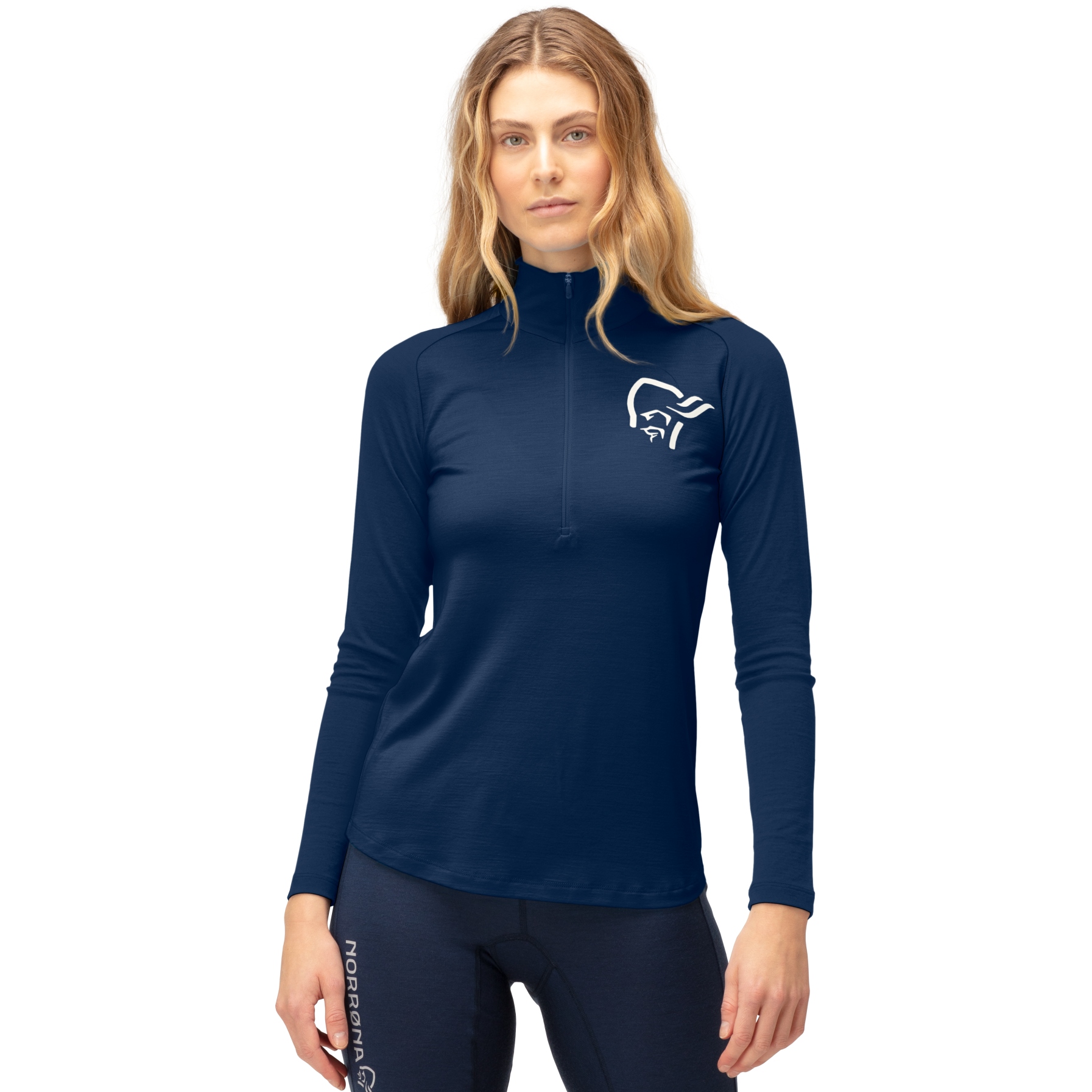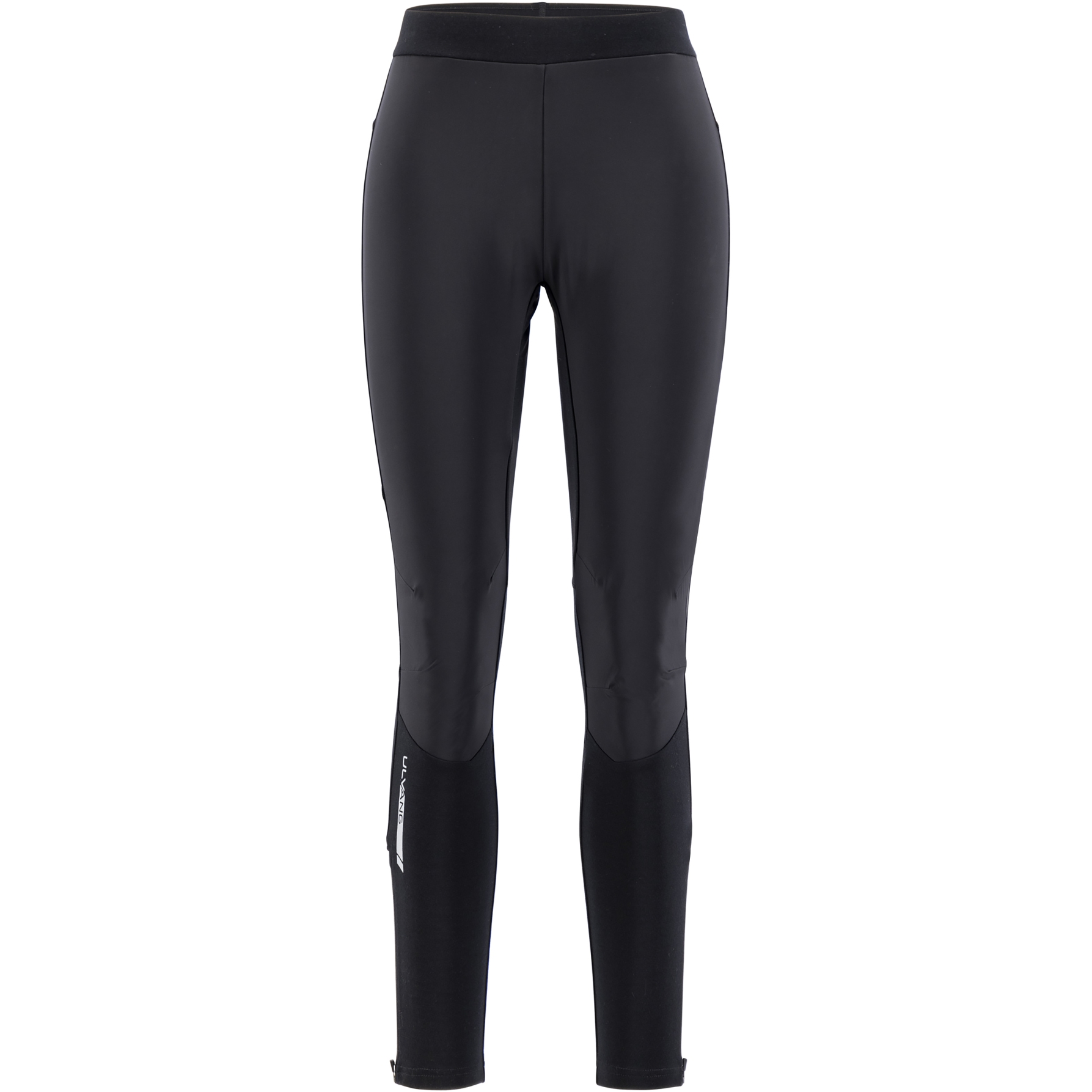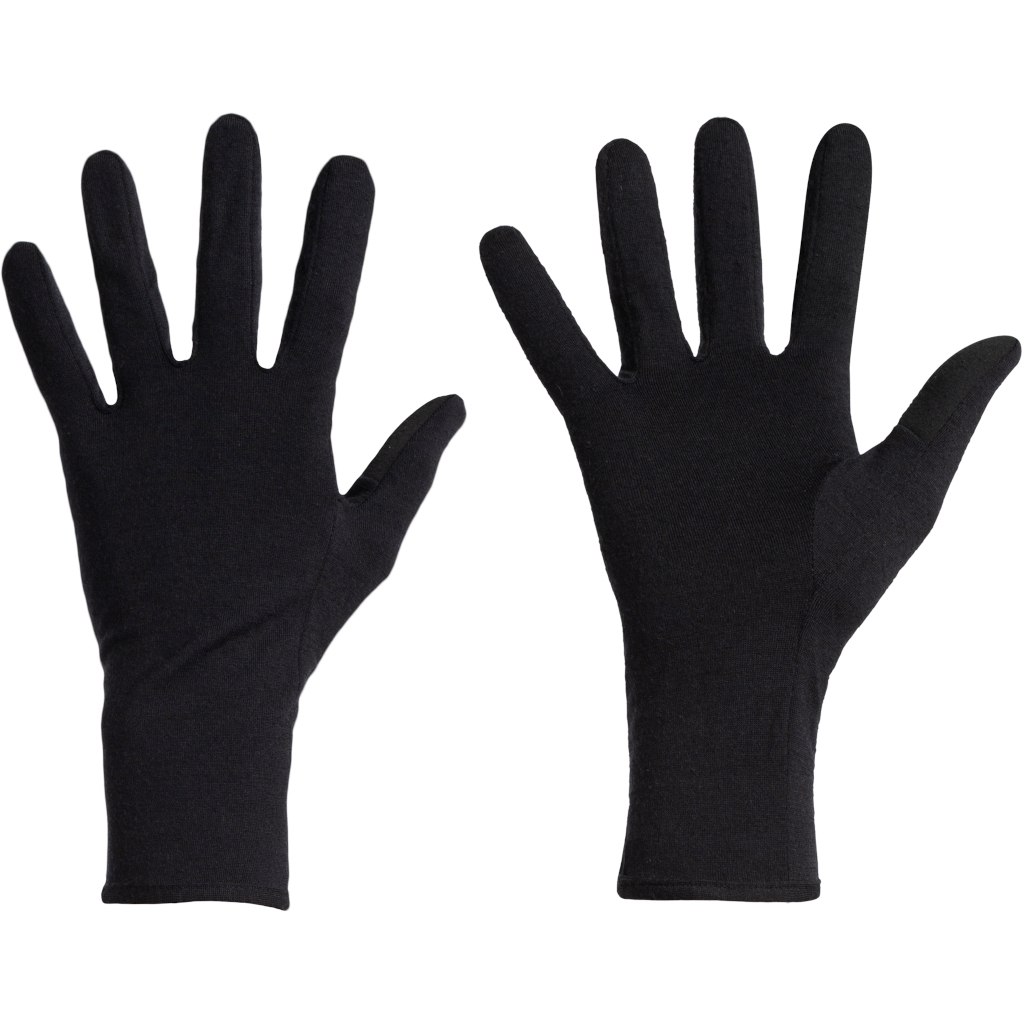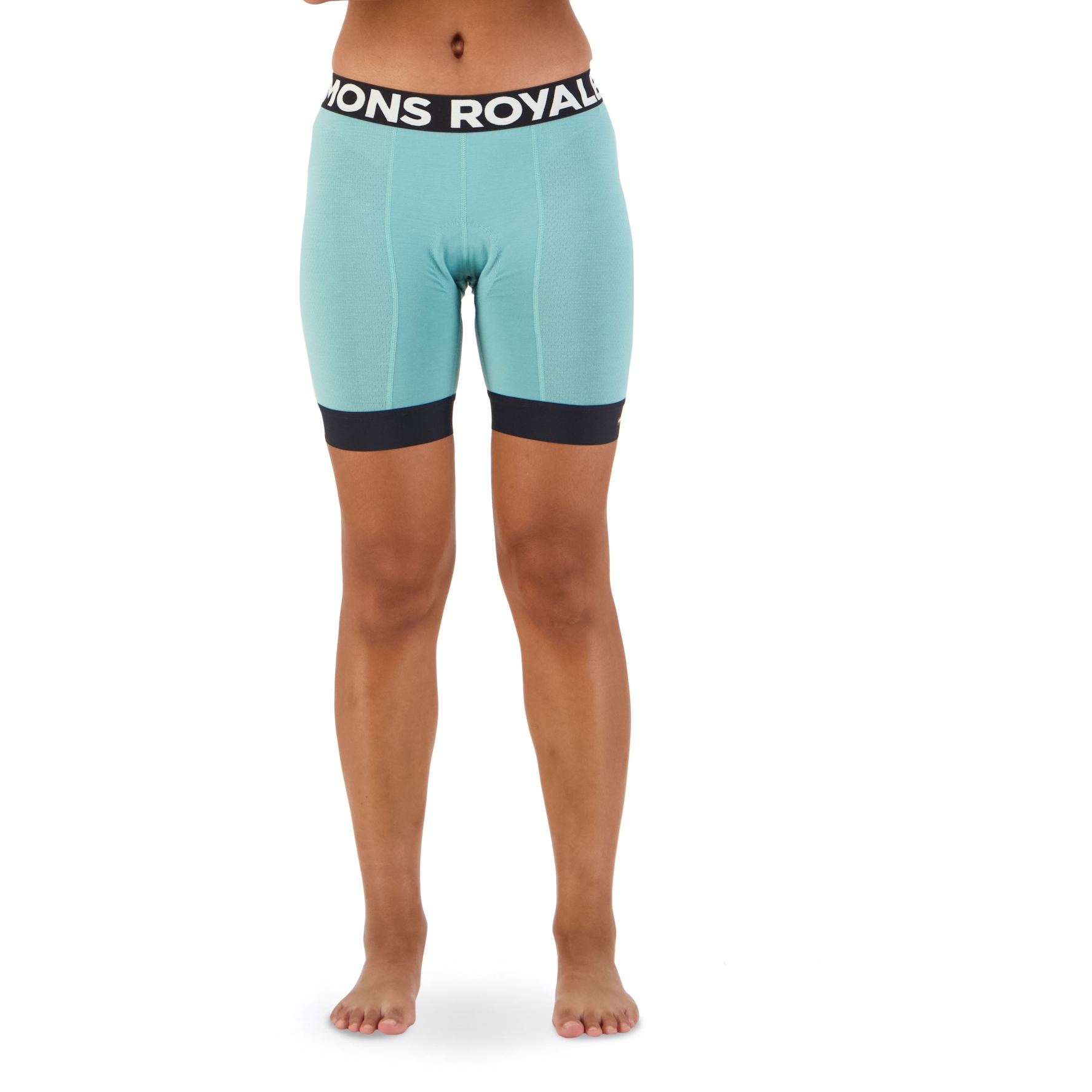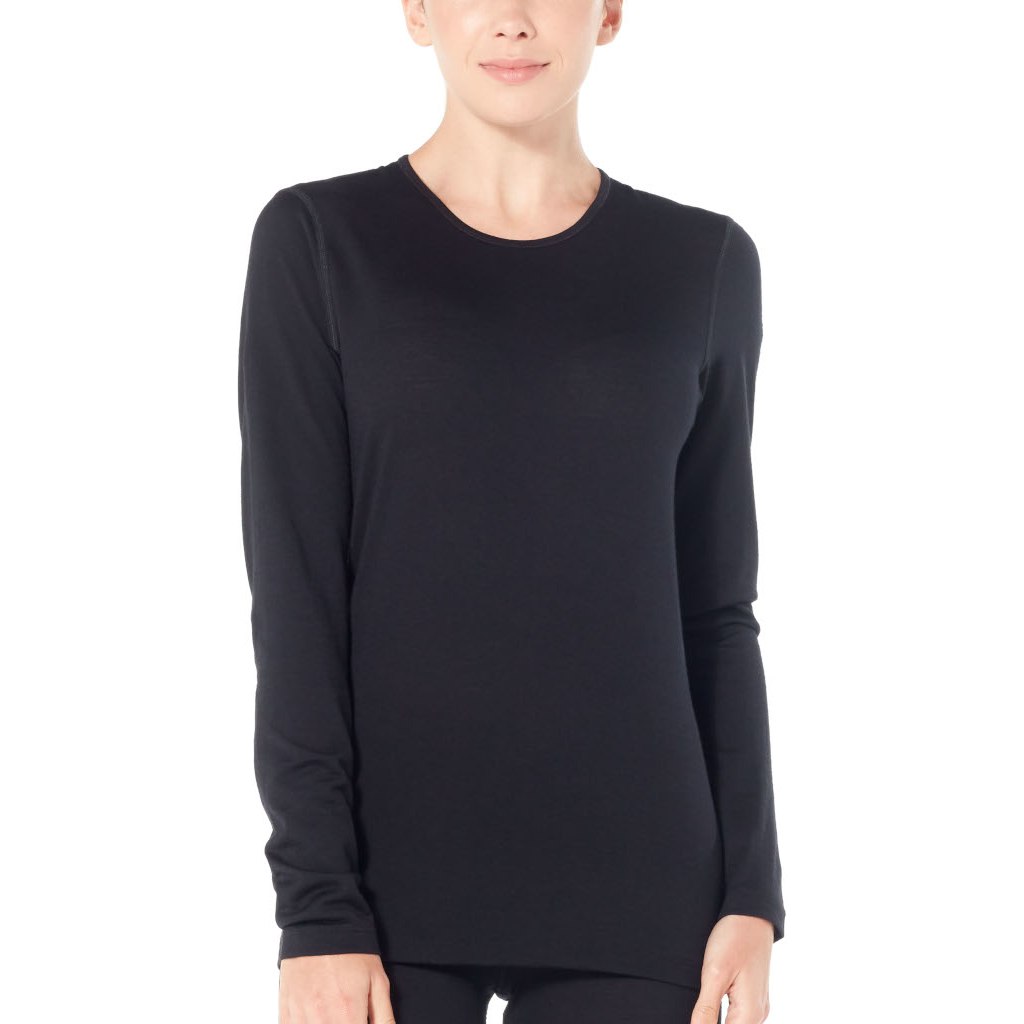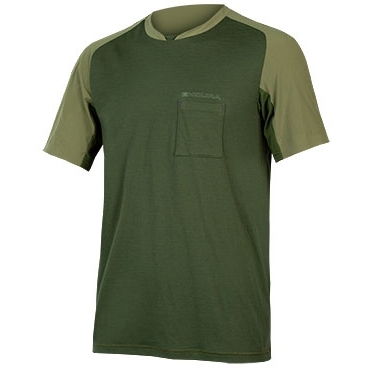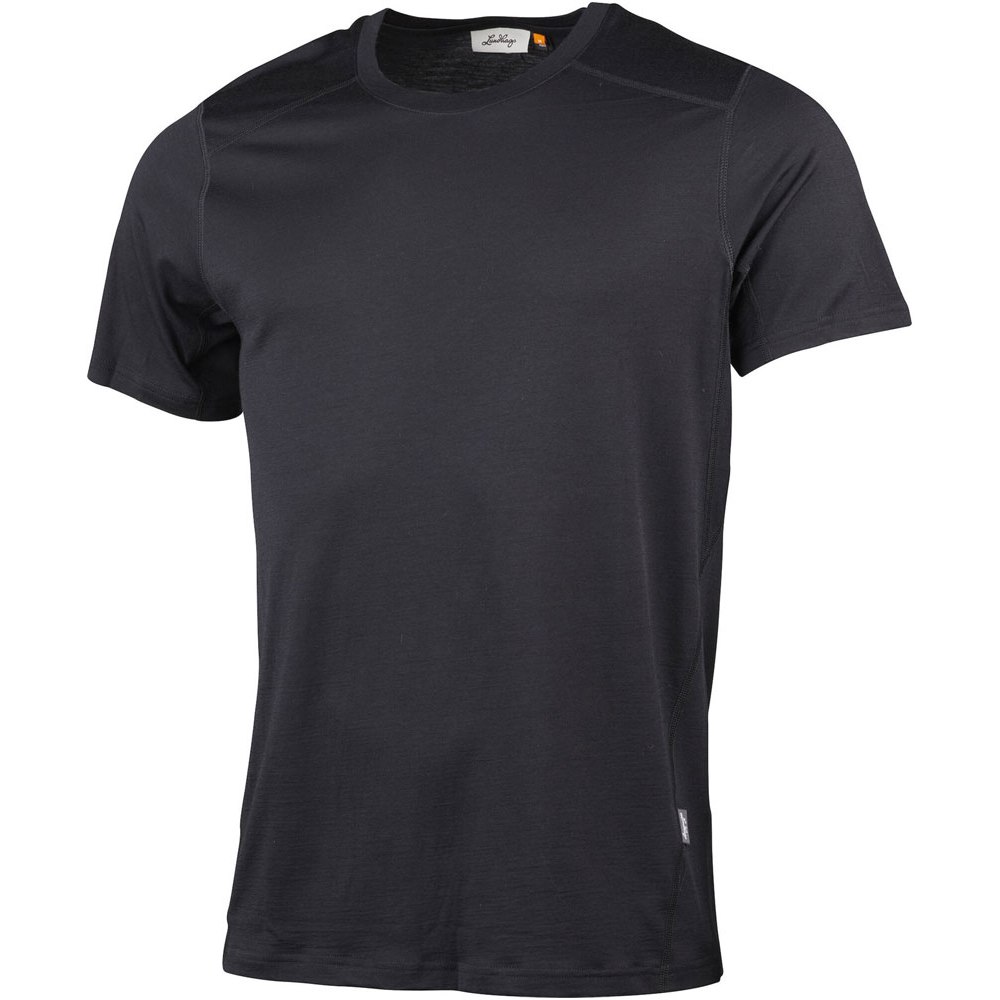- Home
- Merino – Comfortable and Versatile Apparel Made from the Wonder Wool
Merino – Comfortable and Versatile Apparel Made from the Wonder Wool
Merino wool is no longer an insider tip. The legendary natural fibre has established itself as an indispensable all-round talent. The unique properties of the merino sheep's hair are particularly effective in clothes worn directly on the skin. They keep you warm in cold and wet weather, cool in the heat, don’t scratch, remain odourless and crease-free for a long time, are easy to care for and long-lasting. In addition to a huge selection of baselayers, socks, cloths, jackets and other merino wonders, you will also find tips on the right care, use and sustainability in our shop.
Read moreThe Many Fabulous Advantages of Merino Wool
In addition to the above mentioned properties such as the unique insulation ability, odour neutrality or the high comfort, the fur of the merino sheep has even more strengths. Shirts, sweaters, pants or jackets made of merino wool provide natural UV protection (up to factor 40+), are antistatic and flame retardant. In addition, as a purely natural raw material, it is degradable without residues and would become compost in the earth within a few months.
A large part of the abilities of merino wool can be explained by its extraordinary structure. The fine and wavy fibres are strongly crimped, leaving plenty of room for air and the storage of body heat, while at the same time insulating it from the outside. In addition, they have hygroscopic properties, which means that they can bind moisture, but the fibre surface and thus the feeling on the skin remains dry. Another brilliant trick and insider's tip comes from the basic chemistry of when the fibre and water molecules meet and release heat in the process. That's why it can make sense to wait a few moments in the rain before putting on a rain jacket so that your Merino shirt produces some extra warmth for you.
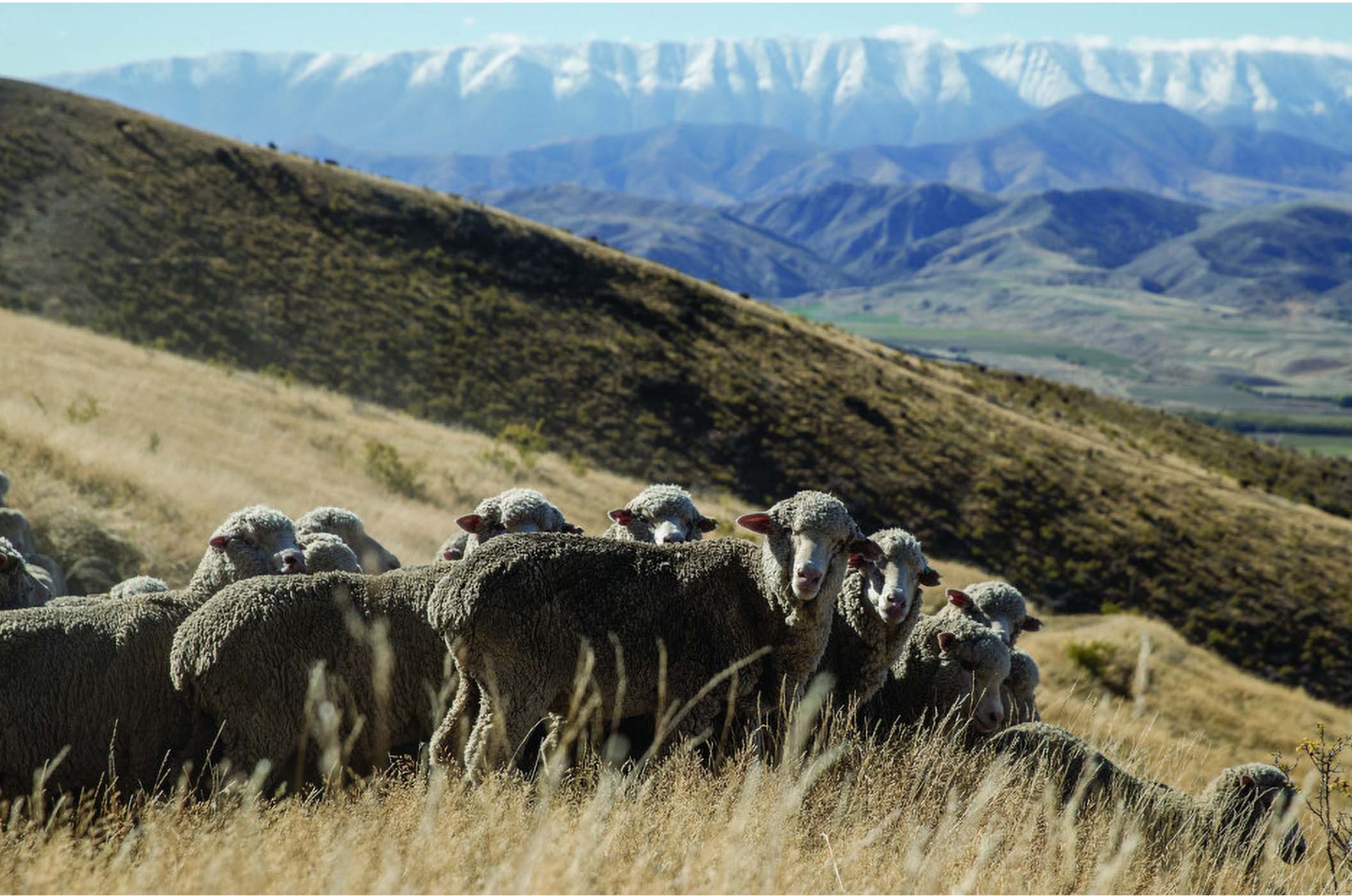
Where Does Merino Wool Come From?
Merino wool is a very fine virgin wool, which nowadays is mainly obtained from merino sheep from Australia and New Zealand. Originally, this breed of sheep probably came from North Africa and from there it reached Spain, where it quickly gained in importance due to its many advantages. Thanks to their ingenious wool coat, these fluffy animals can cope with almost any climate and feel comfortable in both winter and summer temperatures. Usually in the spring their long hair is sheared off, which can weigh several kilograms.
Why Does Merino Wool Not Scratch?
Normal wool often has fibres that are up to twice as thick as merino wool, which makes the fibres too stable to bend on contact with the skin. However, the fibre thickness of merino wool is usually less than 26 microns – hairs, by comparison, have a thickness of between 50 and 100 microns – and thus well below the scratch limit, which makes functional underwear, socks and gloves feel soft and airy.
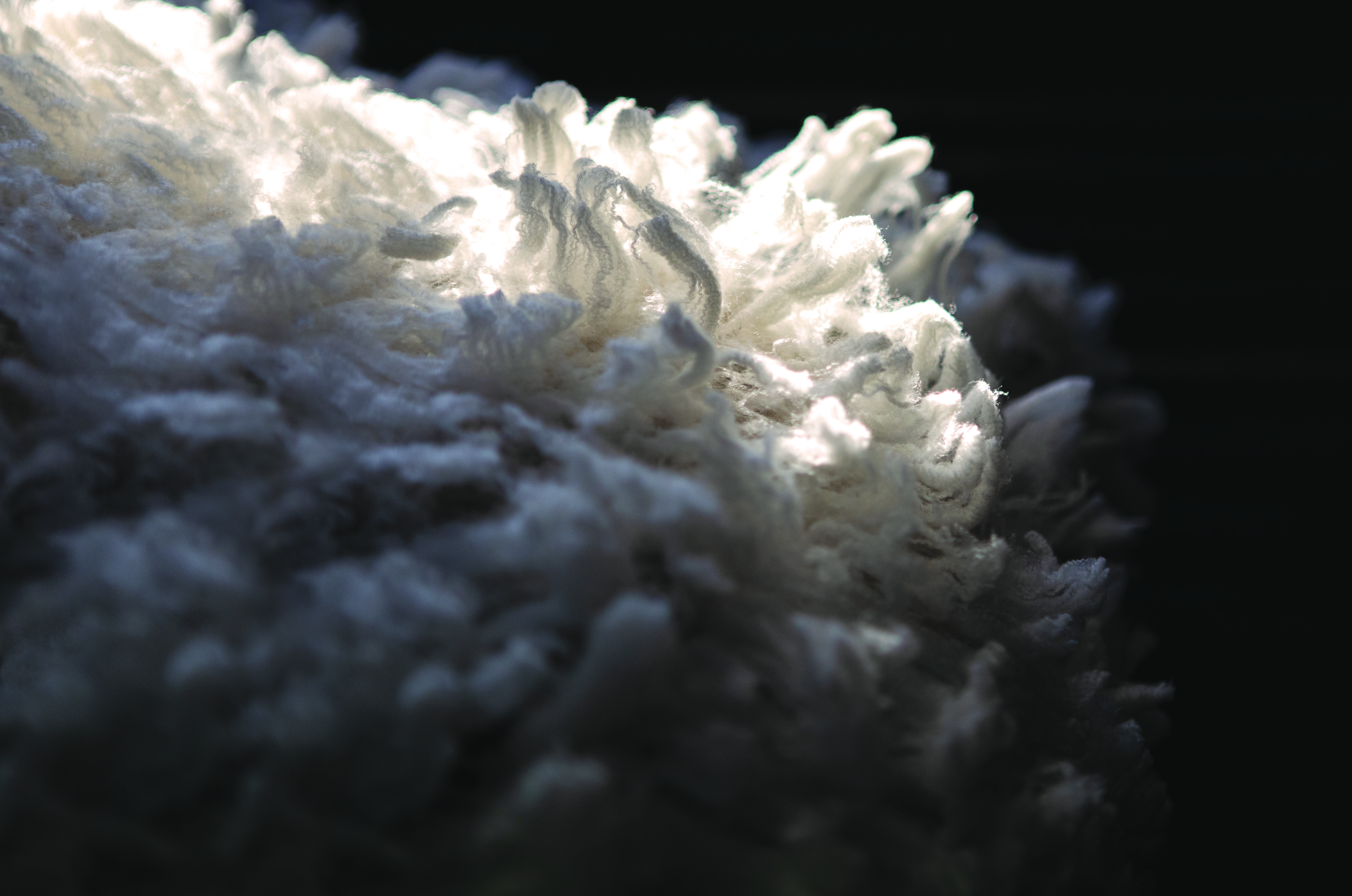
Why Do Clothes Made of Merino Wool Not Smell?
There are several reasons why shirts, jackets or hats & cloths made of merino wool are particularly suitable for long mountain hut tours, outdoor and ski adventures or wild camping trips. An important one is the smell. Or rather the lack of odour. Merino fibres consist, among other things, of the protein keratin, which breaks down odour-causing bacteria on the skin. In addition, moisture is transported away from the skin before sweat odour can develop. The flaky surface and the wool grease lanolin also make it difficult for bacteria to settle down at all.

How Do I Properly Wash and Care for Merino Apparel?
Although it is always a good idea to look at the instructions on the shirt or leggings first, you can usually assume that women's and men's clothing made of merino wool can be washed at 30-40 degrees. It's best to use wool detergent on the wool cycle, but in any case, no bleach or fabric softener! A laundry net is especially useful for very thin merin apparel, so that you will be able to enjoy them as long as possible. They are best dried in the air. This is gentler and basically just as fast.
What Is "Mulesing"?
Even though the practice of "mulesing" is prohibited in many countries for animal welfare reasons, it cannot always be excluded that the wool was obtained from sheep that were not circumcised in this painful way. Especially in the world’s largest merino wool producer Australia, the process of cutting the skin around the tail of the lambs without anaesthetic is still used to prevent fly maggots from lodging there. In the meantime, however, many manufacturers have committed themselves not to use wool that has been associated with such torturous methods. In the section "How do I recognise sustainable merino wool?" you will also find some certificates where you can be sure that the wool was obtained without "mulesing".
How Do I Recognise Sustainable and Ethical Merino Wool?
Fortunately, many manufacturers have committed themselves to ensuring that their wool comes from sheep that are well treated. Large companies such as the industry leader Icebreaker, as well as many other companies known for their merino clothing, such as Devold, Ortovox, Mons Royale or Aclima, have strict standards that sheep farms must adhere to. Some of them publish transparency reports on their websites every year about the wool origin and production processes.
As terms such as "natural", "organic" or "ecological" in connection with merino wool have no meaning in terms of animal welfare or sustainability, it is worth knowing which labesl and certificates check and guarantee which criteria.
One of the world's best-known standards for "mulesing"-free and sustainably produced wool is the "Responsible Wool Standard (RWS)", although the label does not guarantee that no potentially harmful chemicals have been used in production.
The "Global Organic Textile Standard (GOTS)" certifies economical, sustainable, fair-trade products, at least 70% of which come from controlled organic animal husbandry. In addition, no harmful chemicals may be used in production.
The certificate "Naturtextil IVN zertifiziert BEST" is one of the strictest eco-labels in the industry. Annual unannounced inspections and possible sanctions enable a sustainable and ethical production chain that excludes substances that are hazardous to health and forbids "mulesing".
